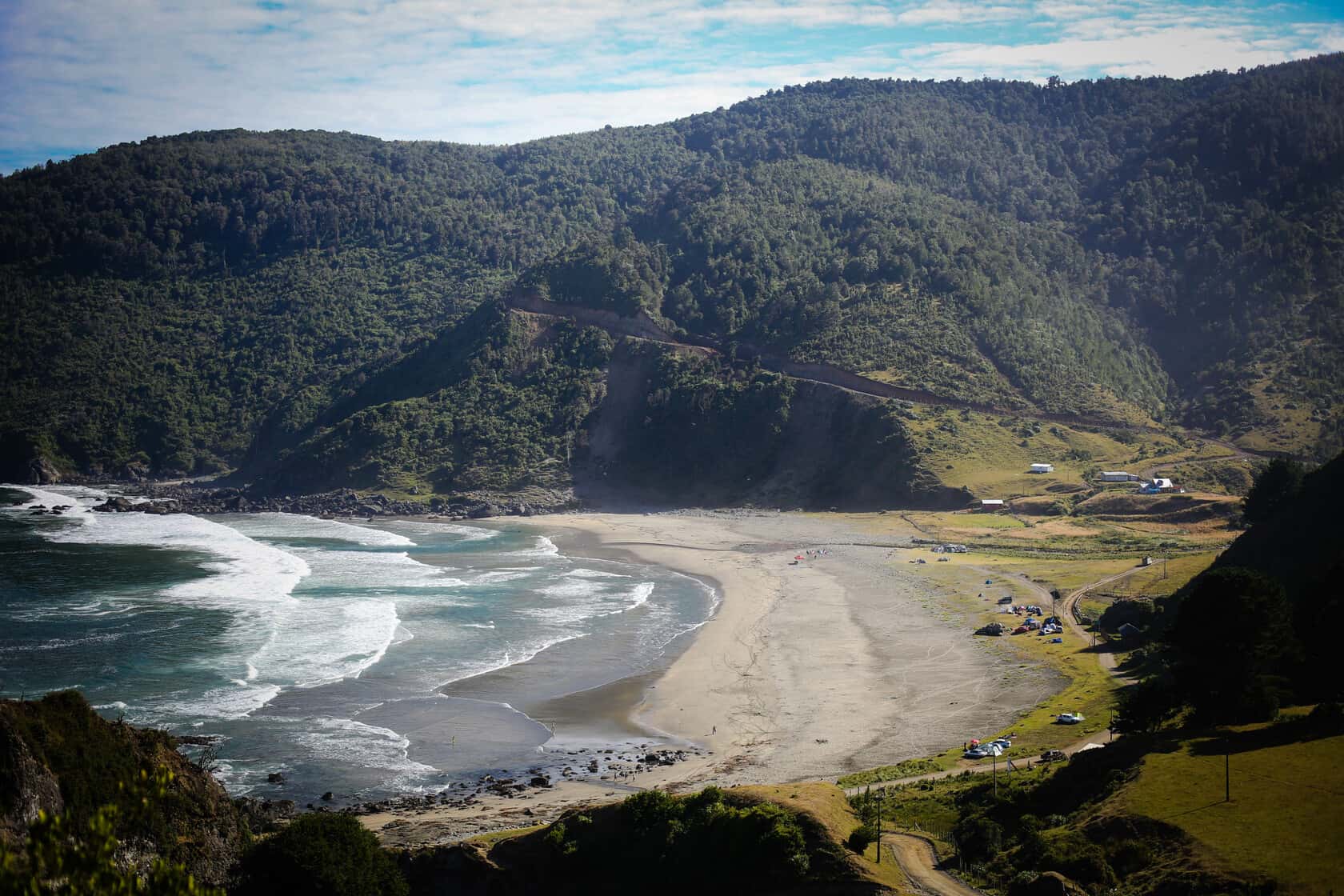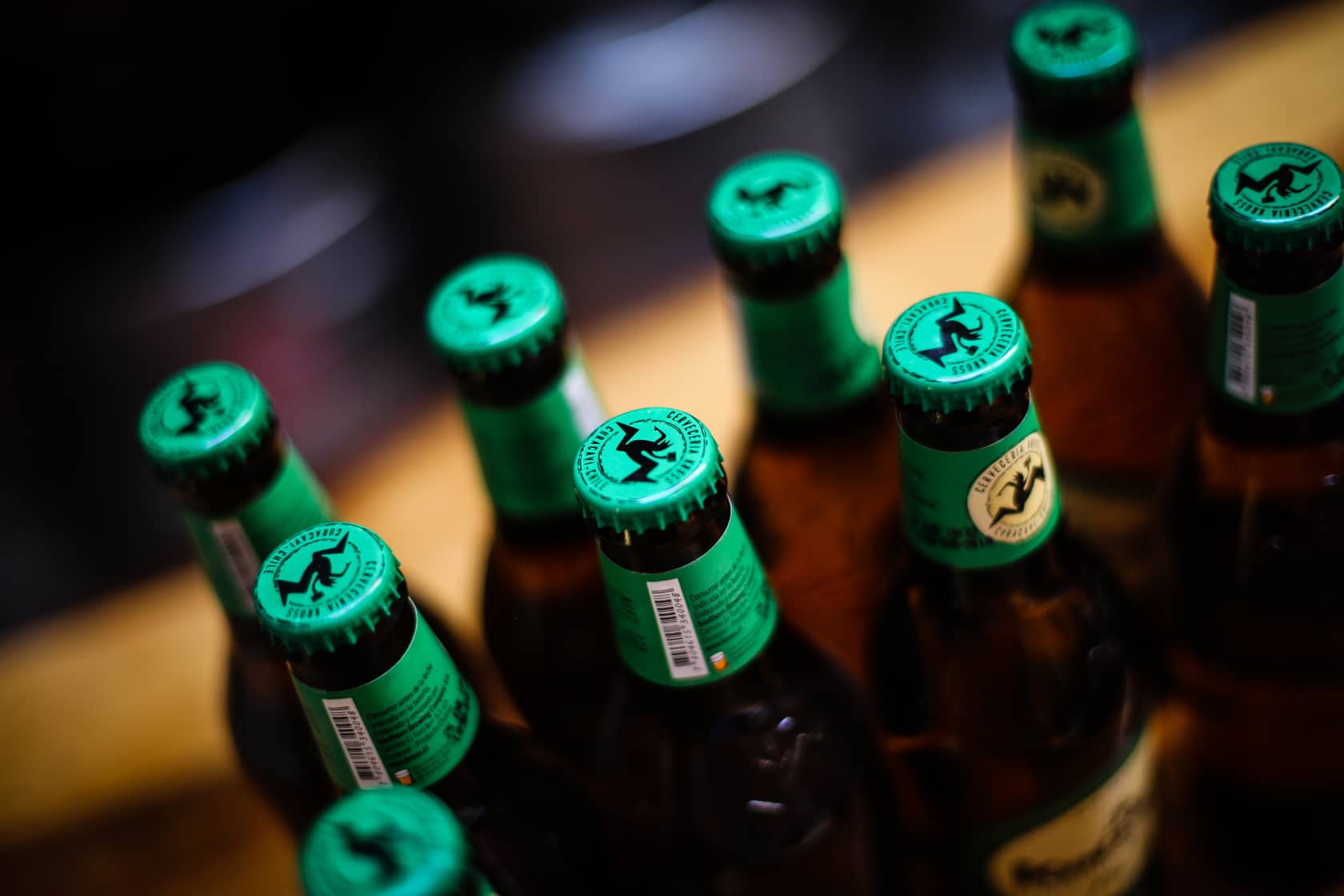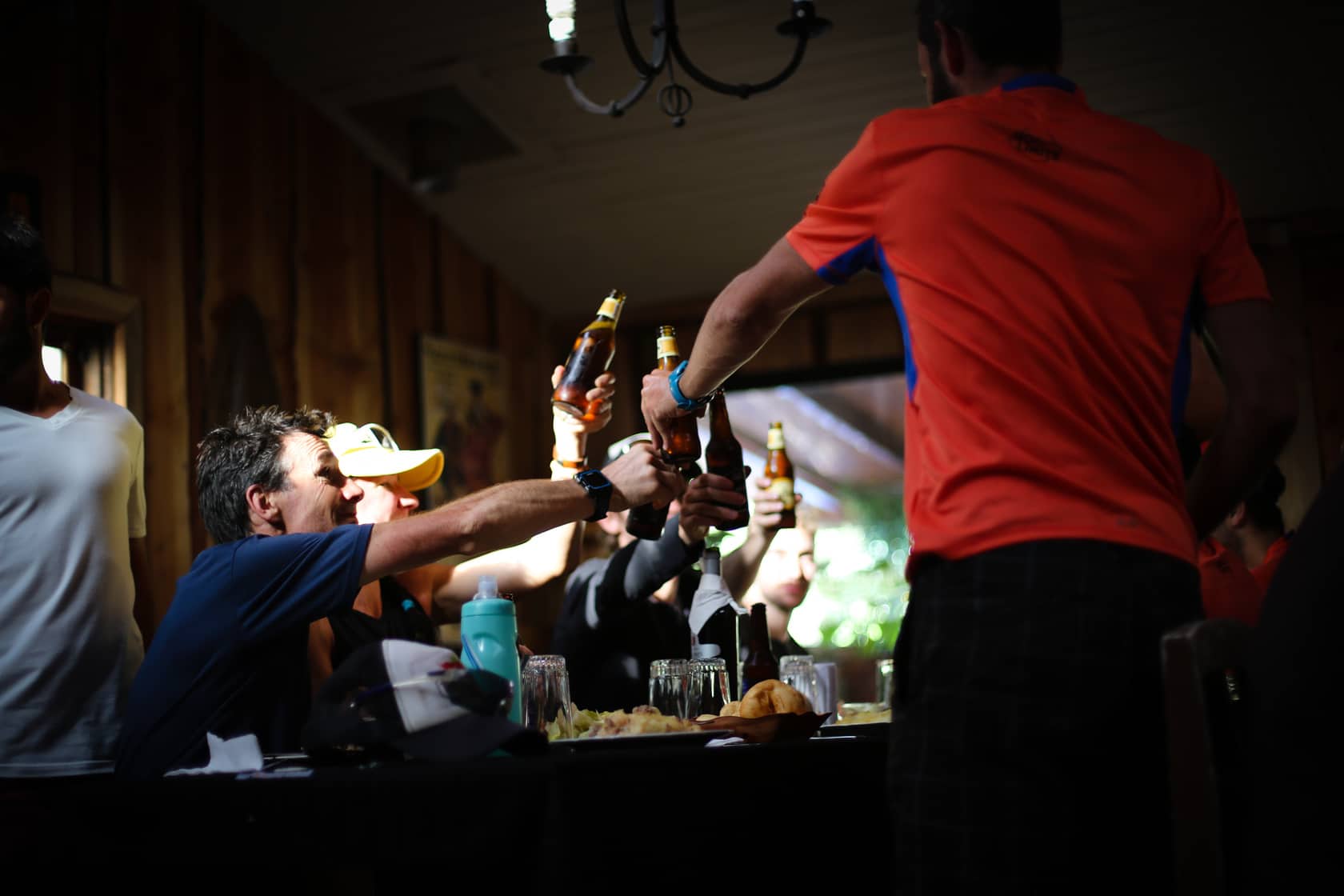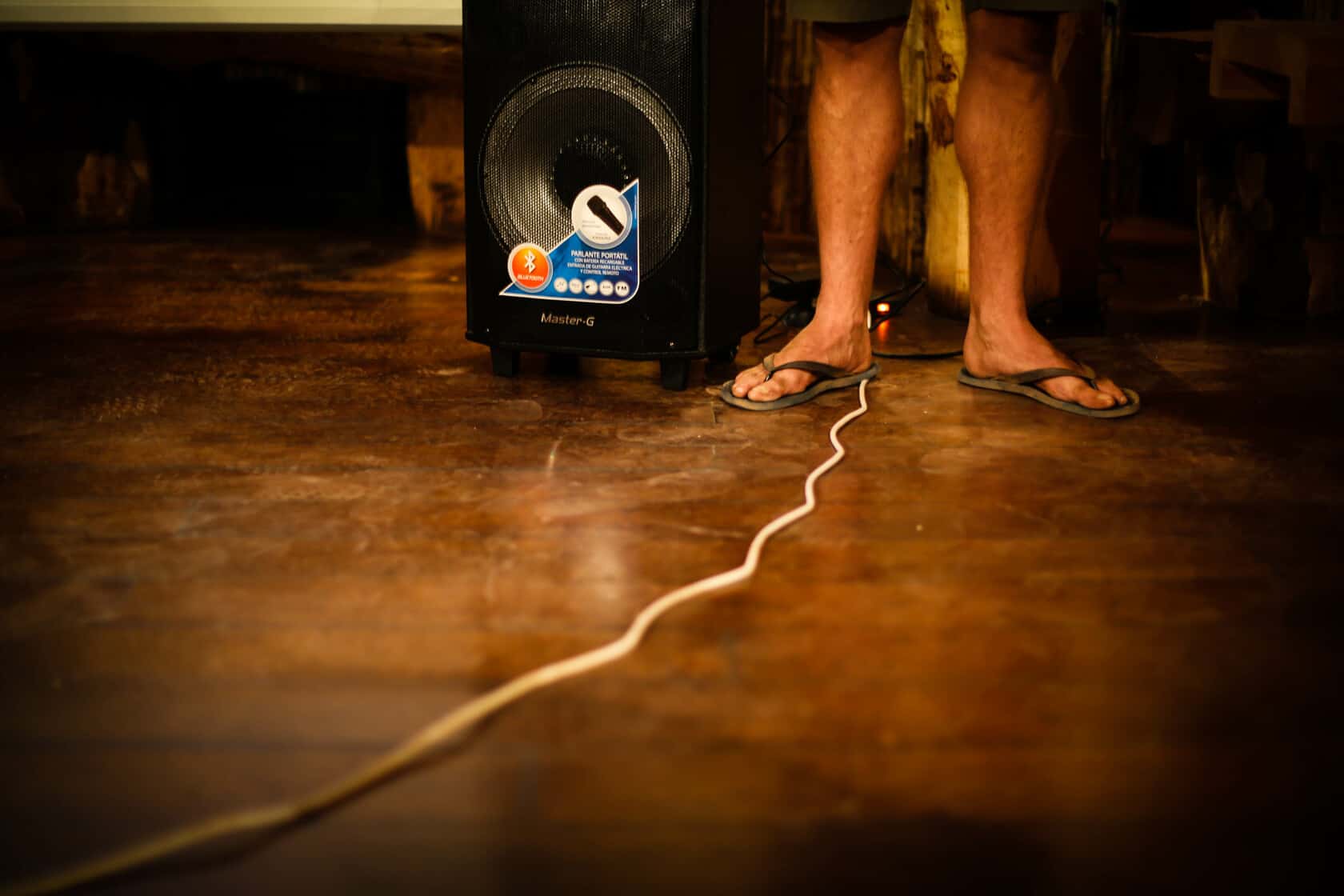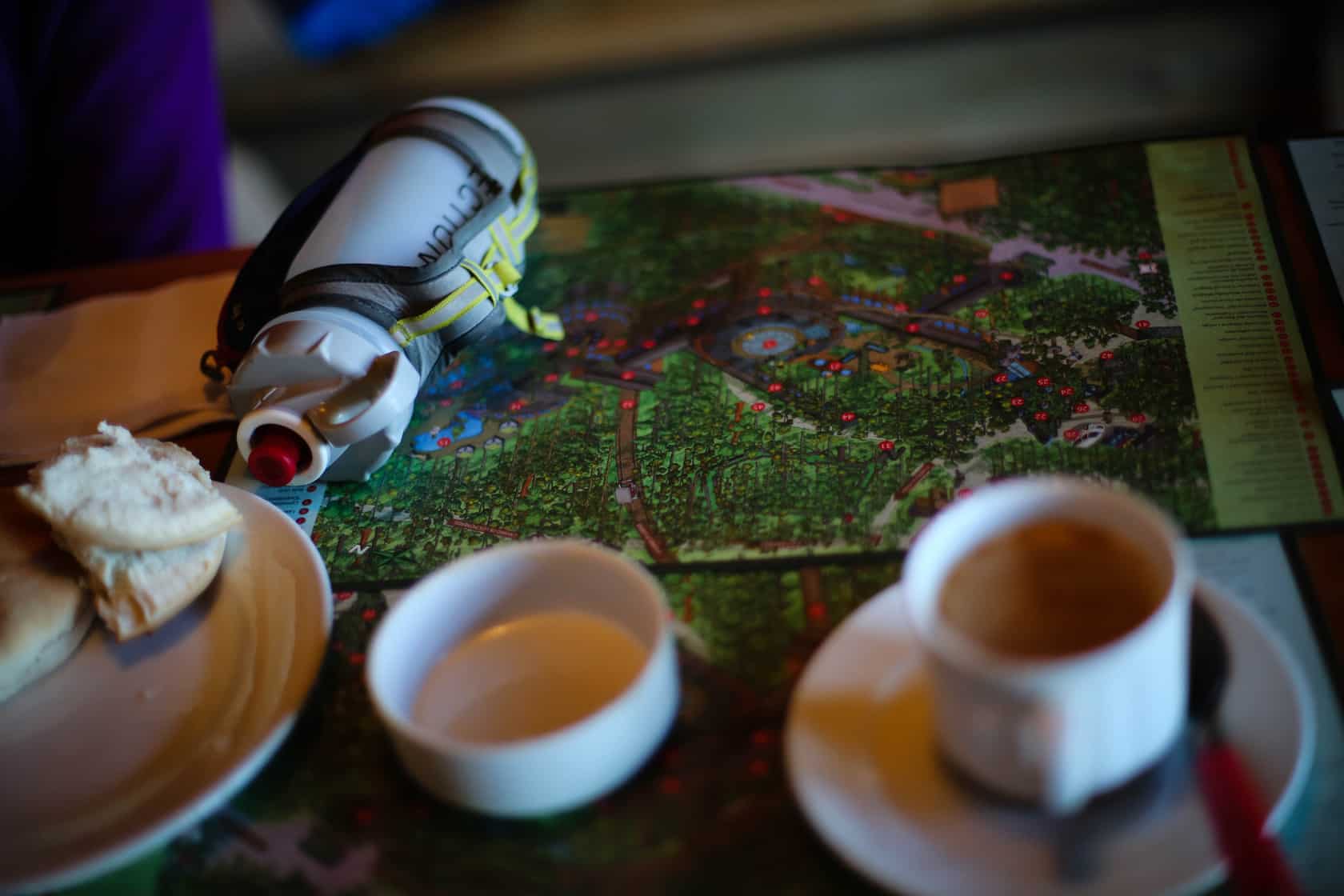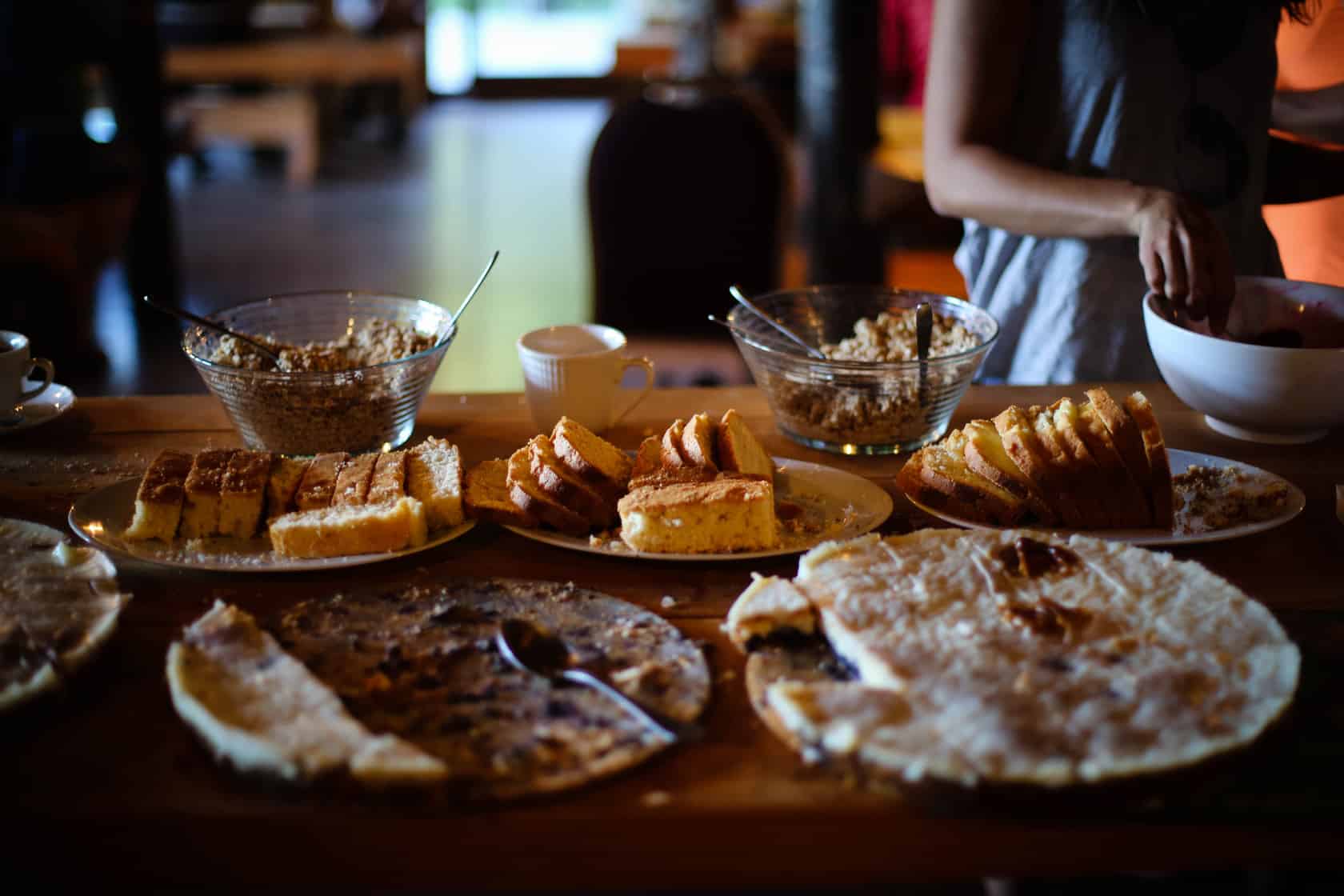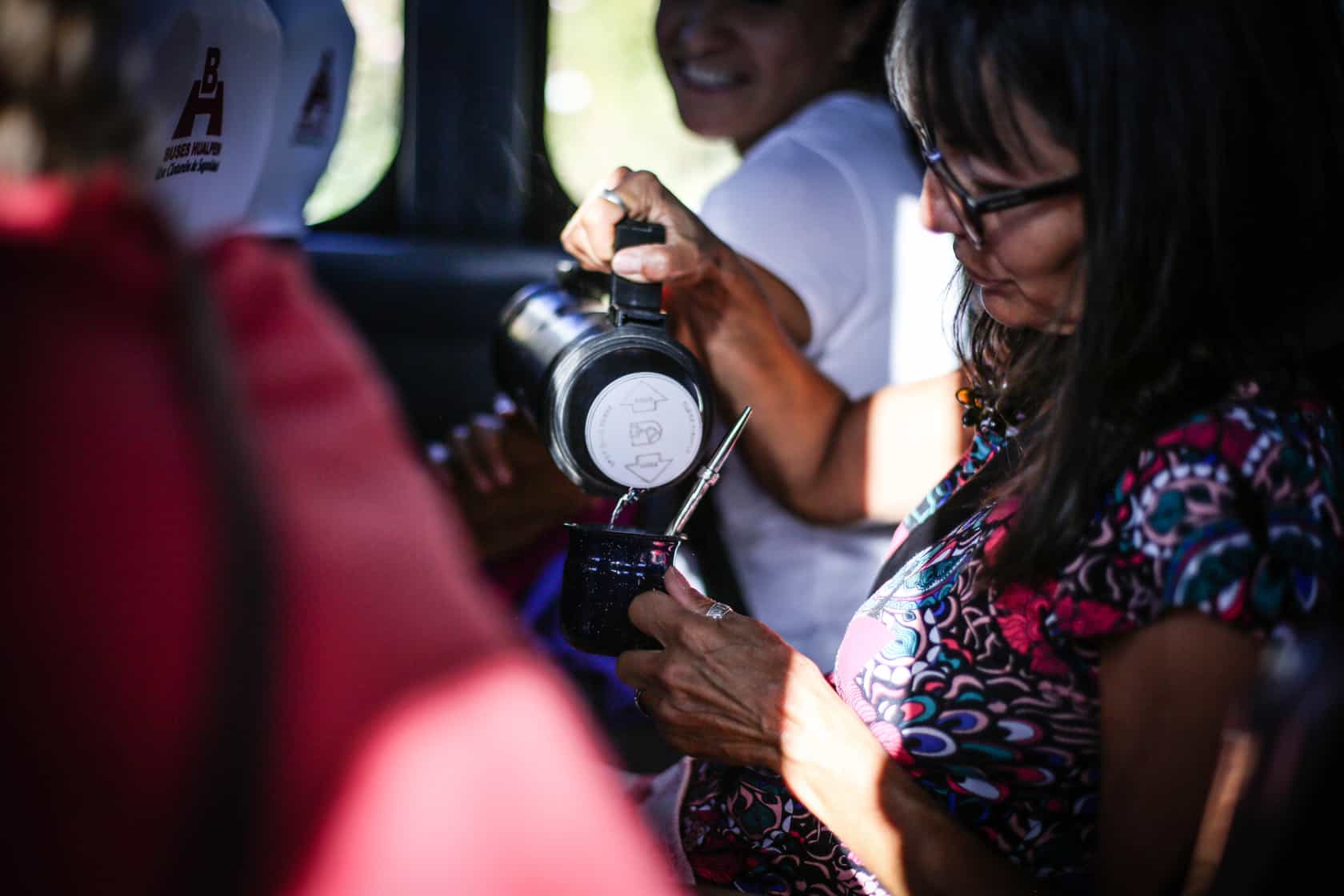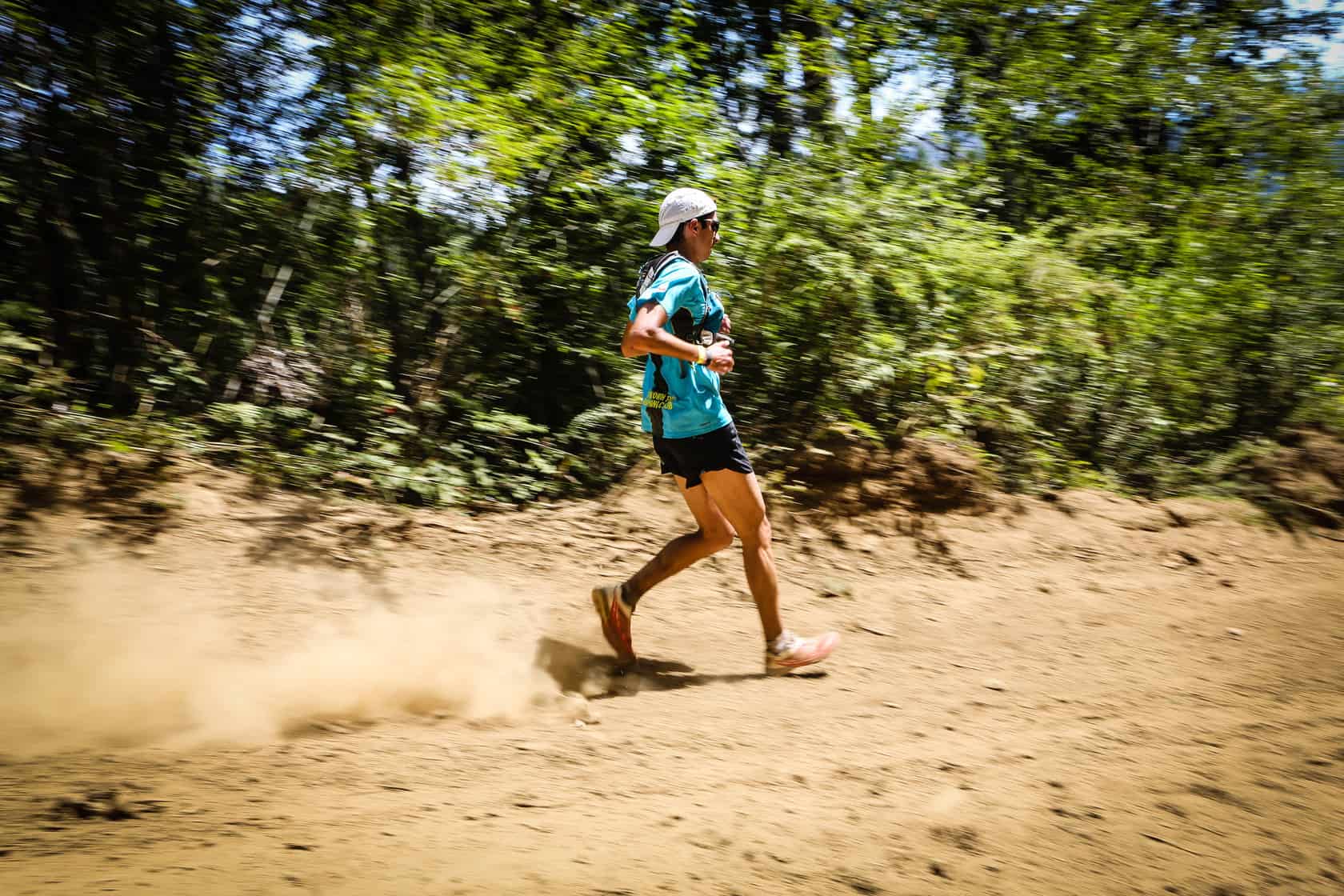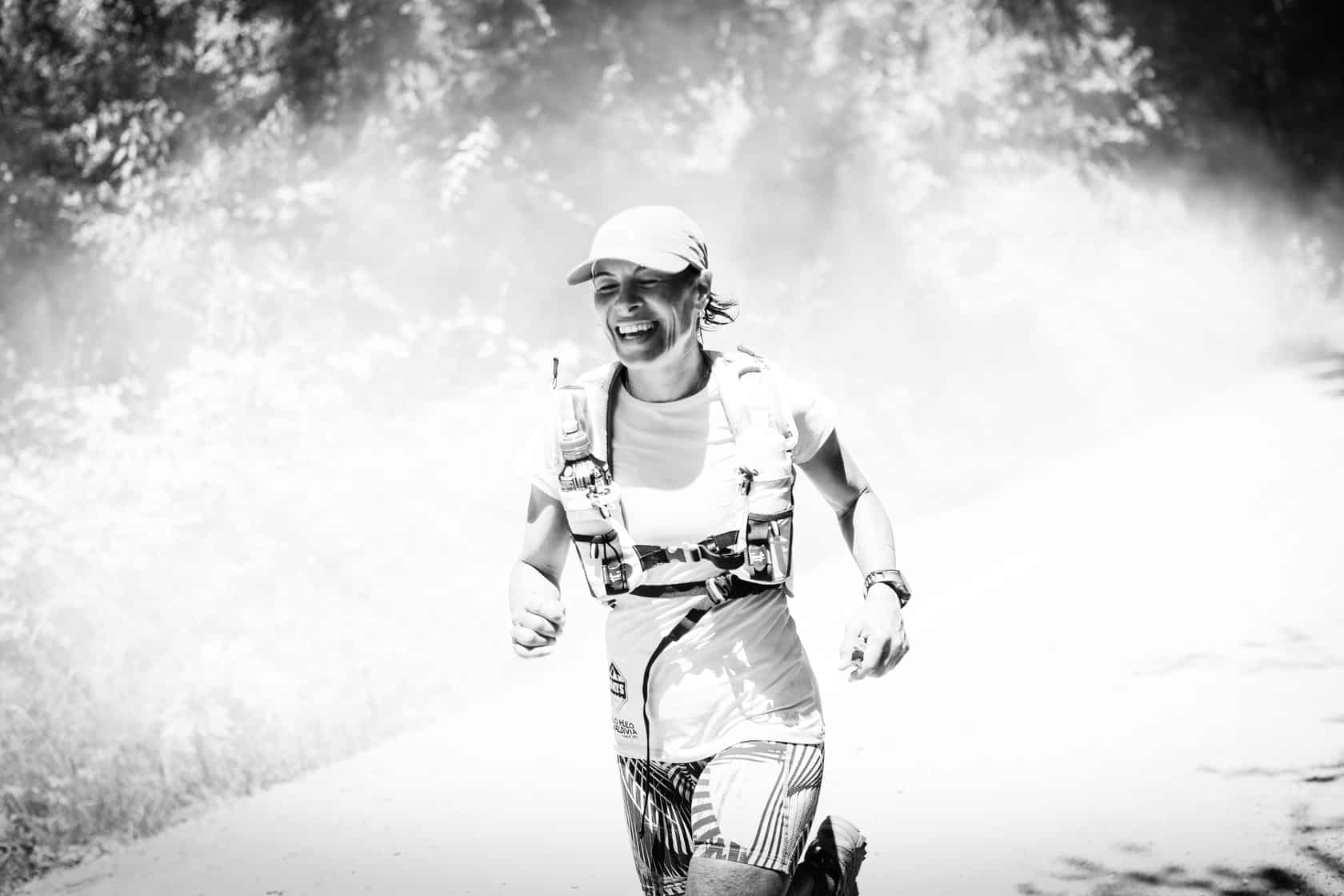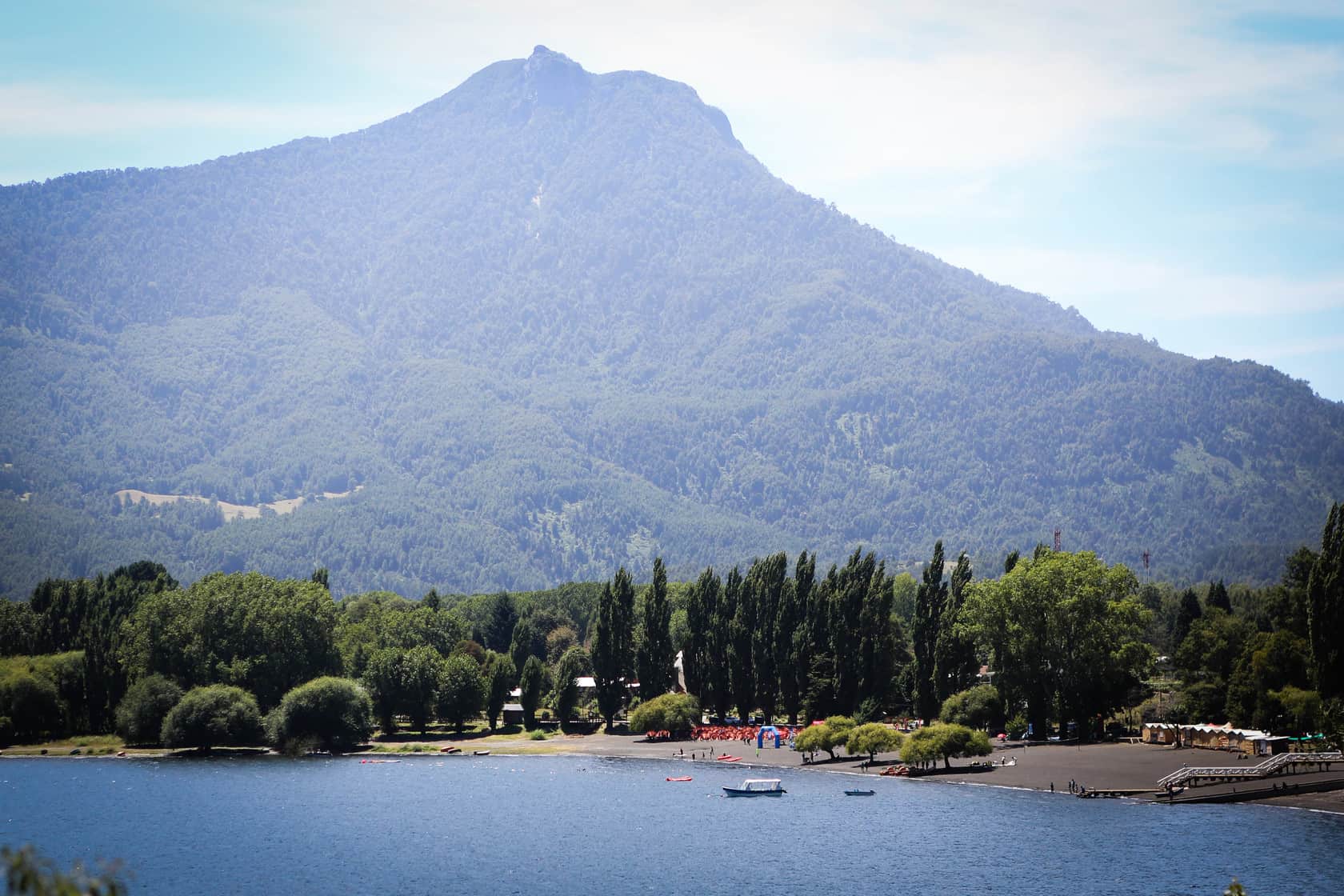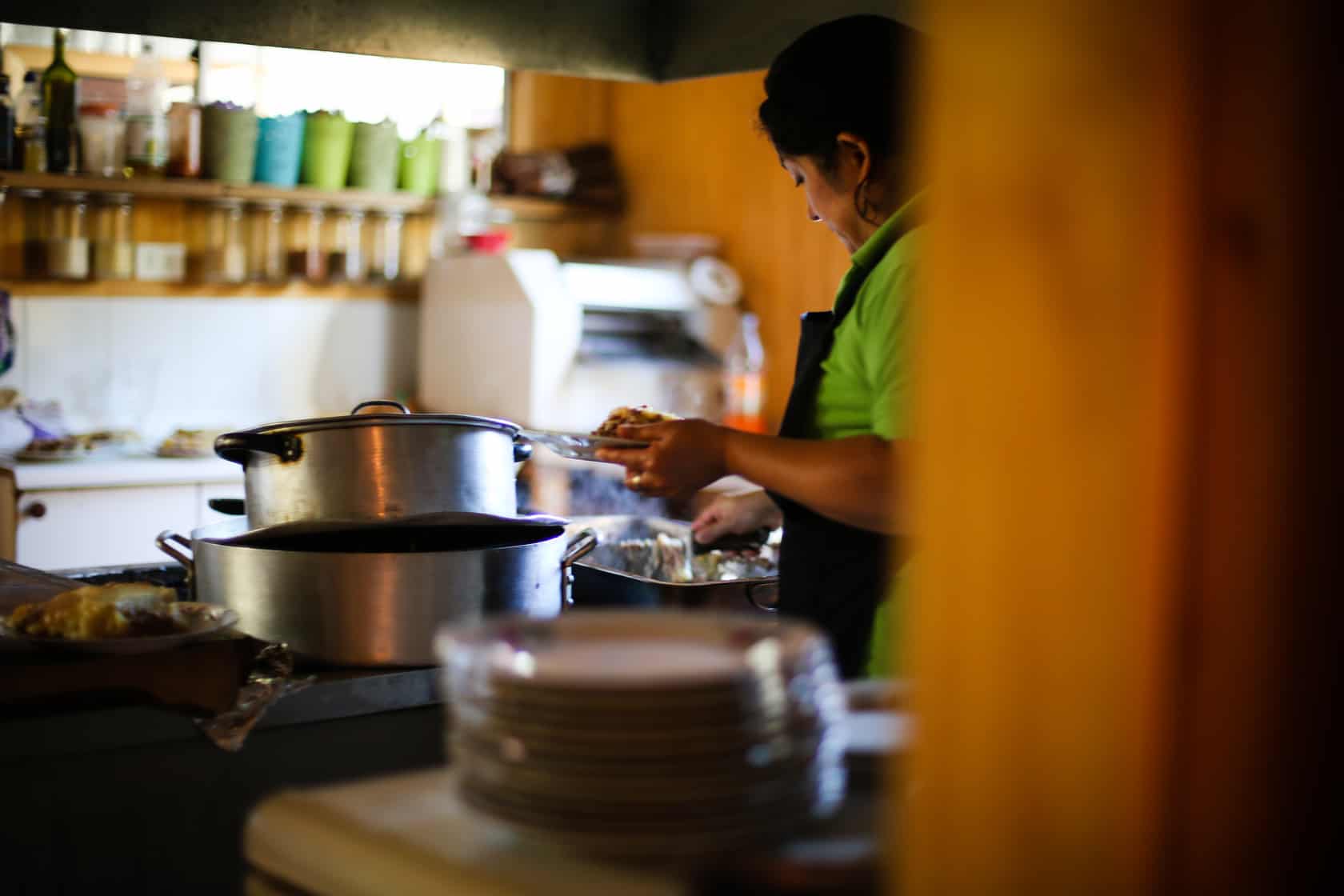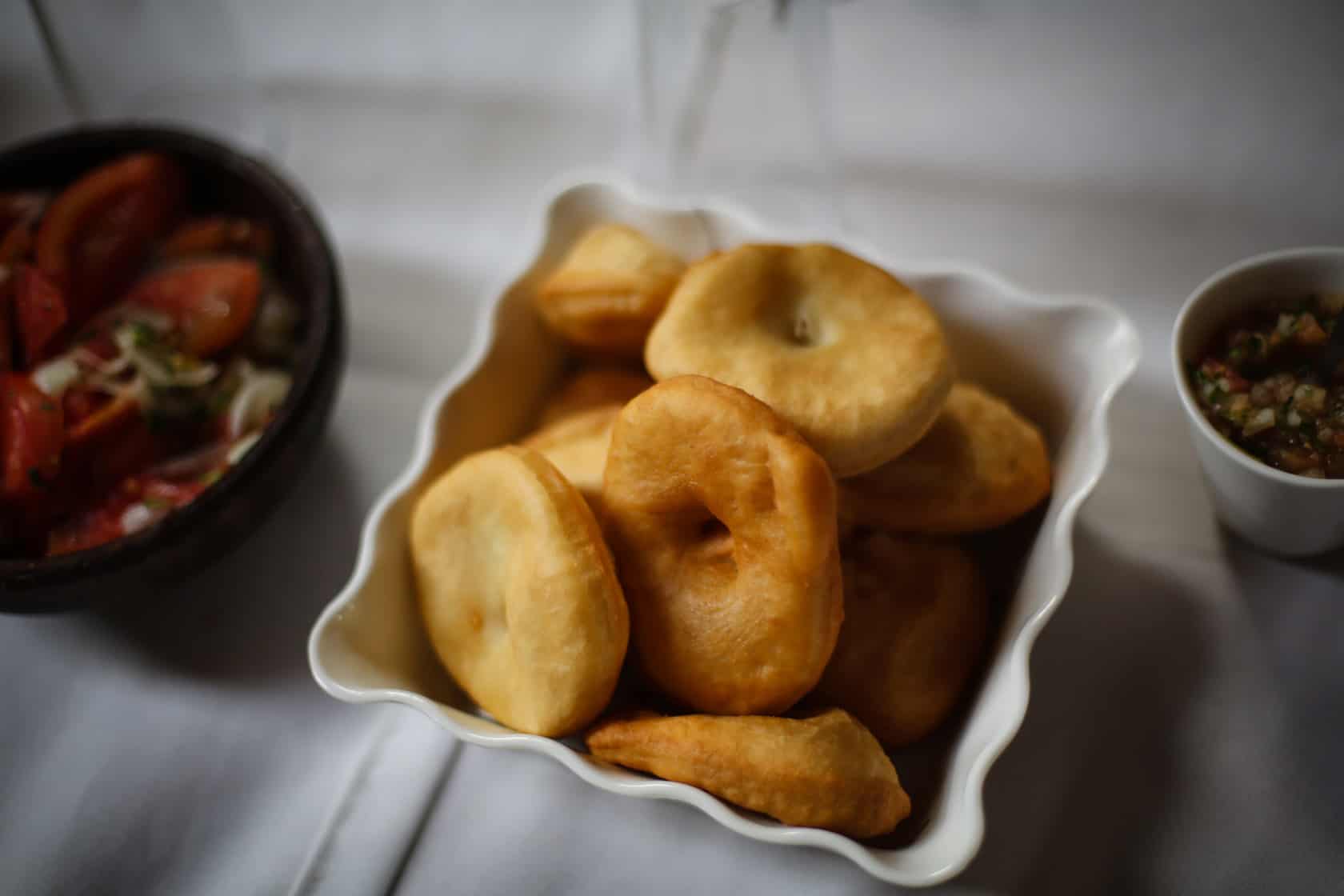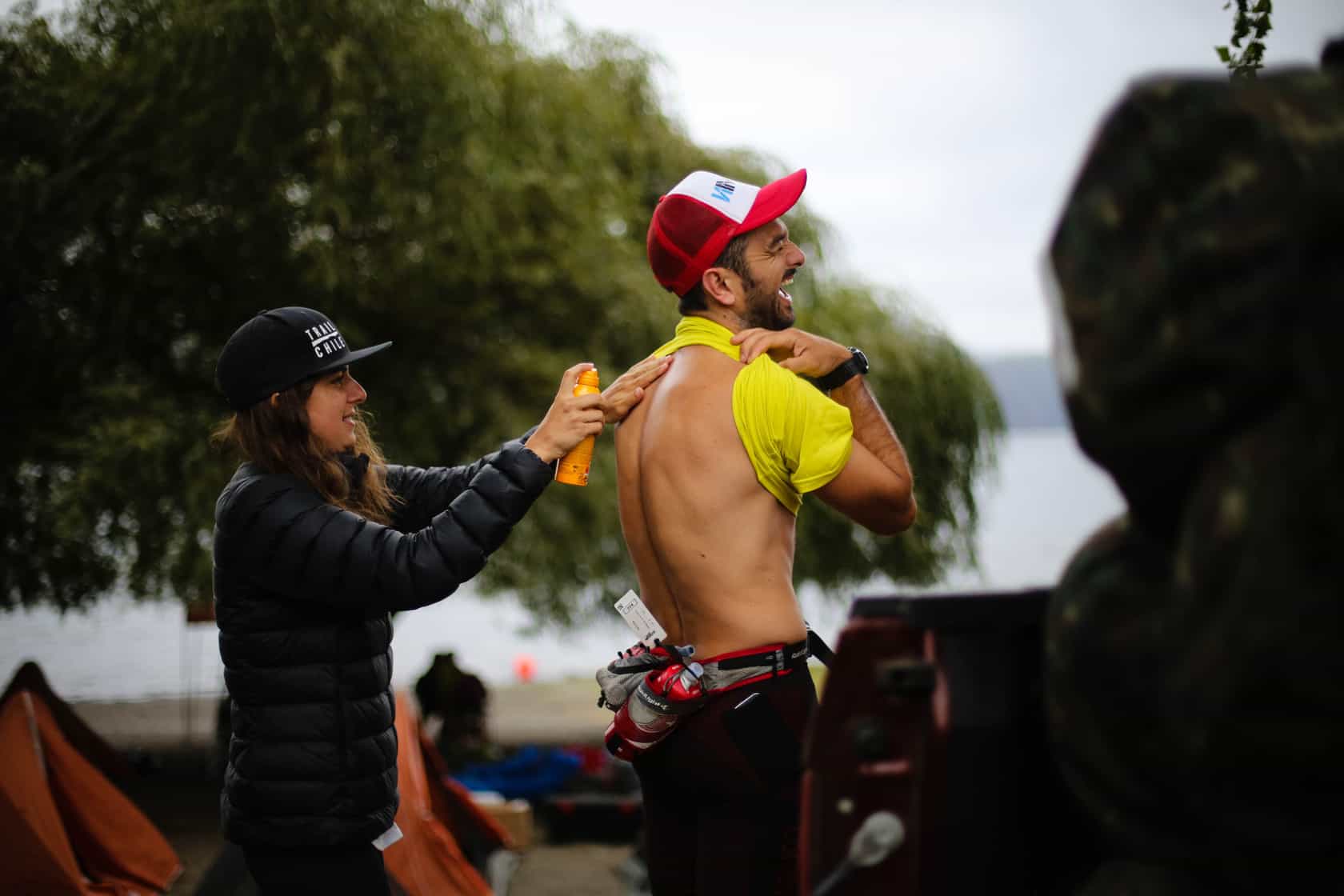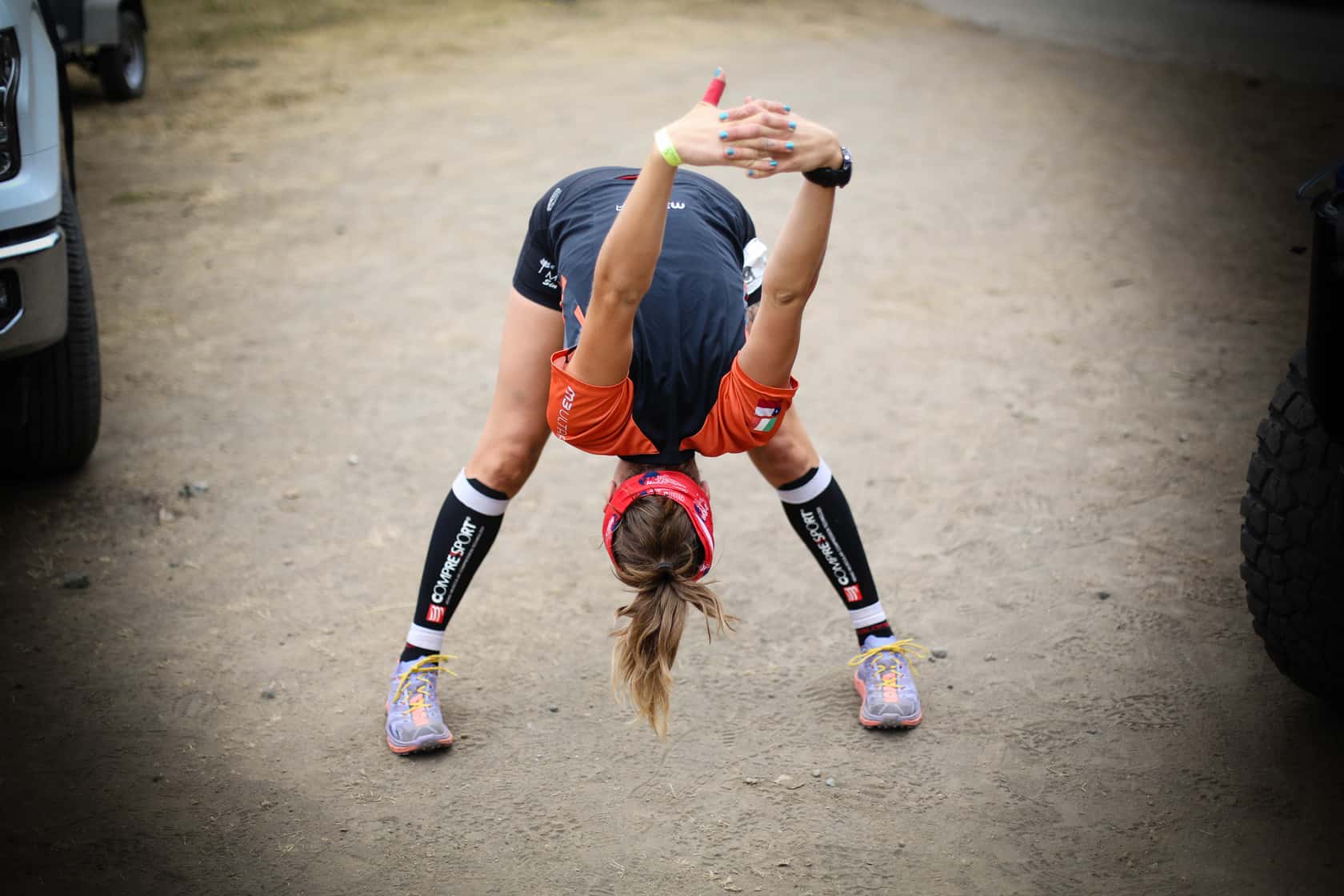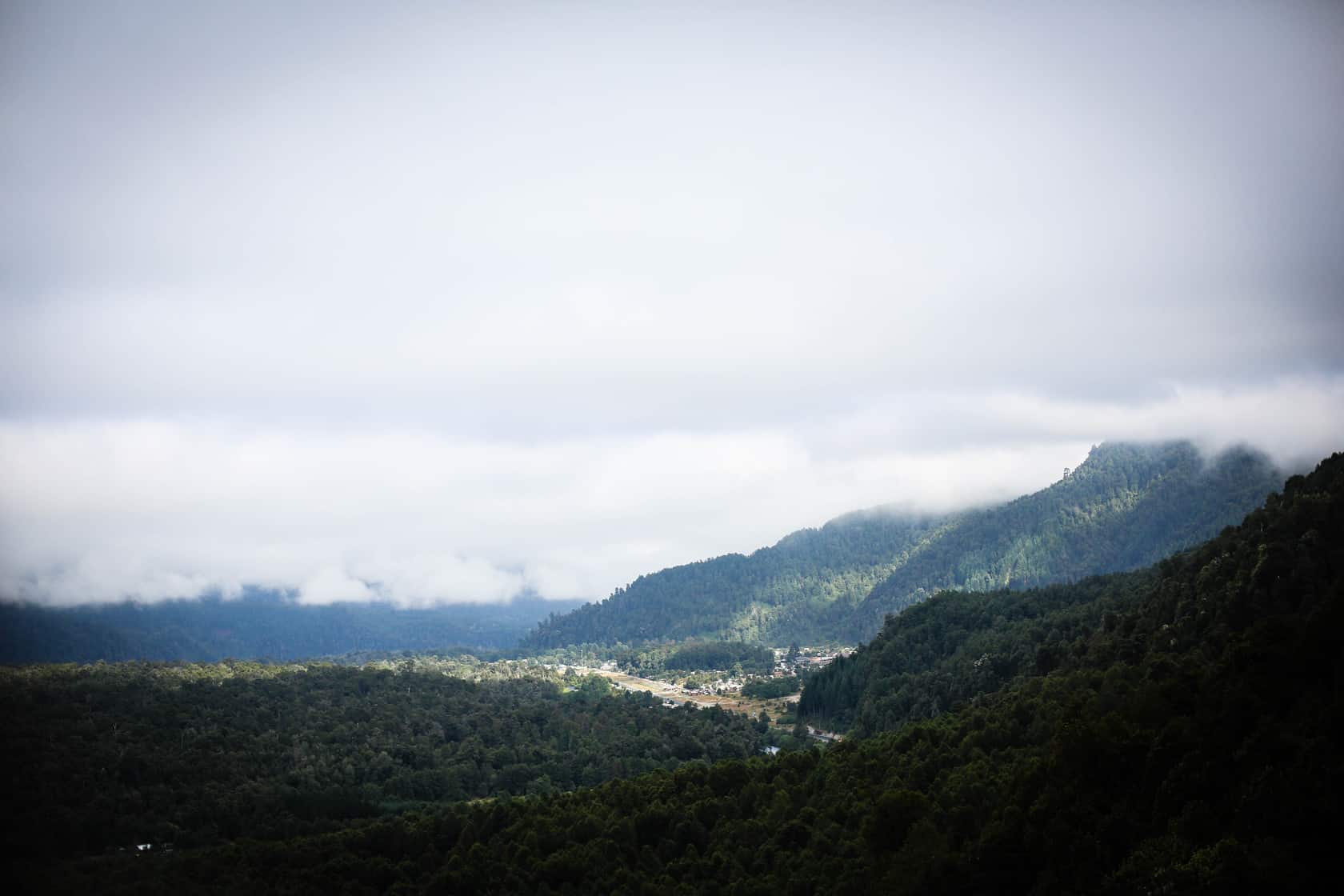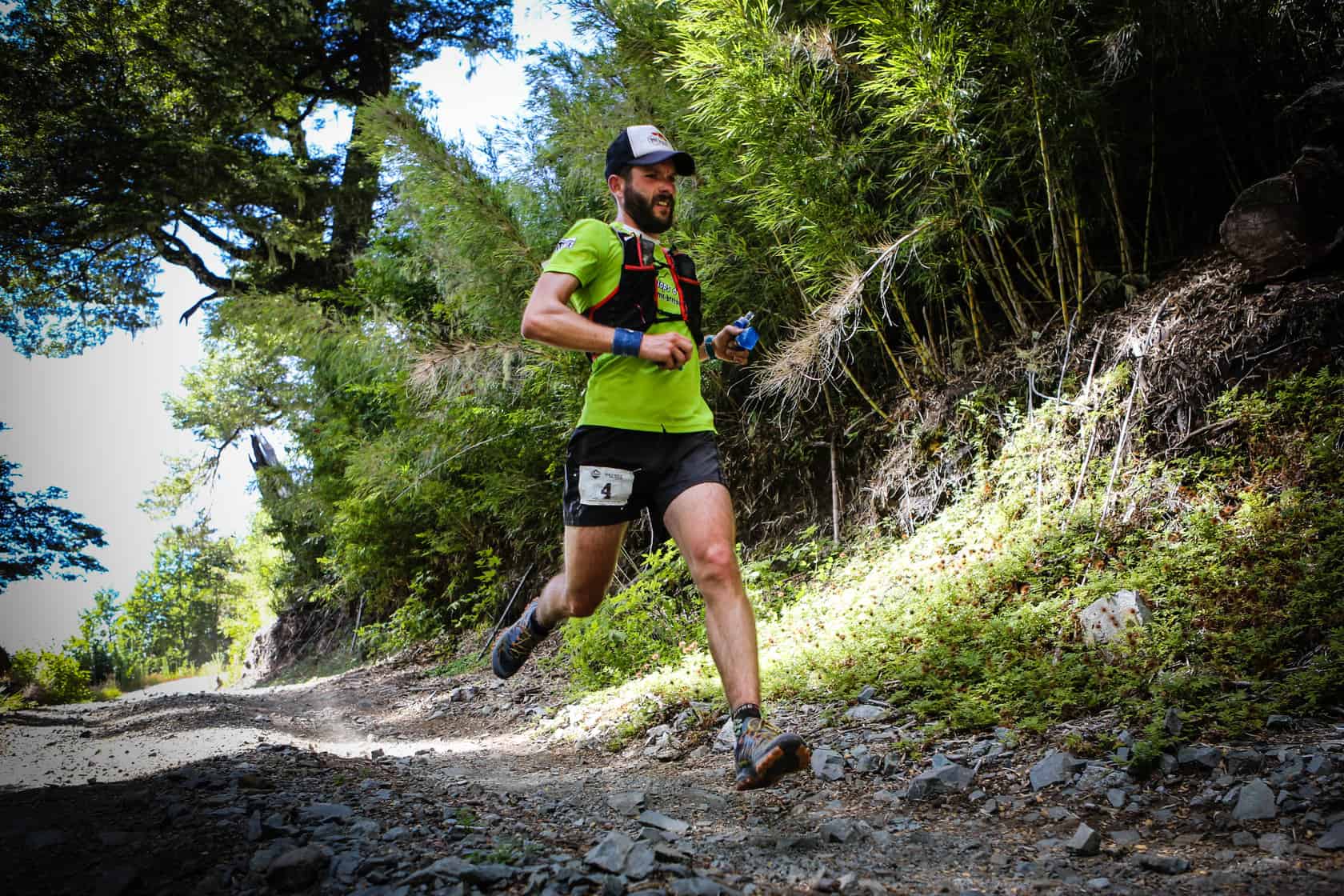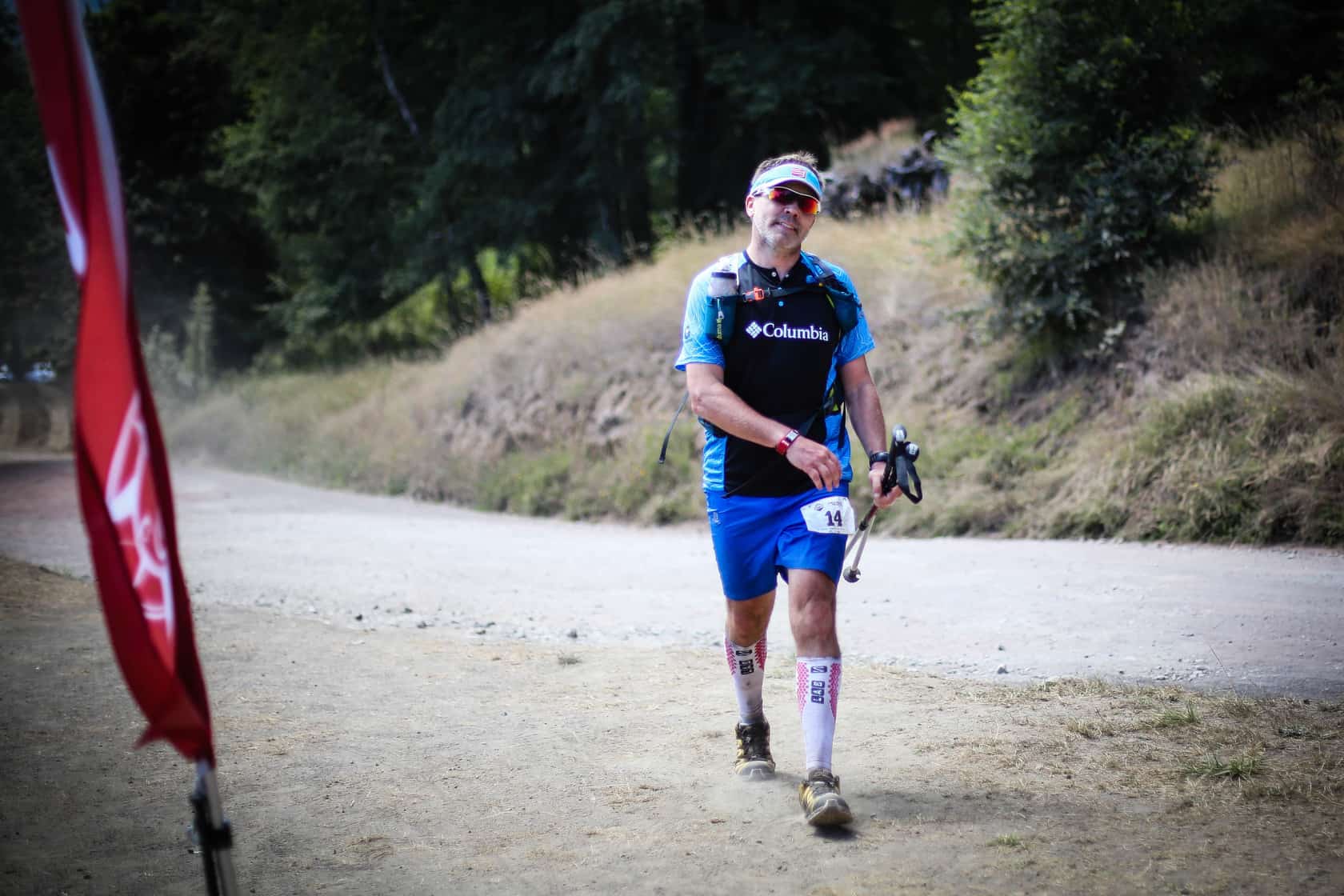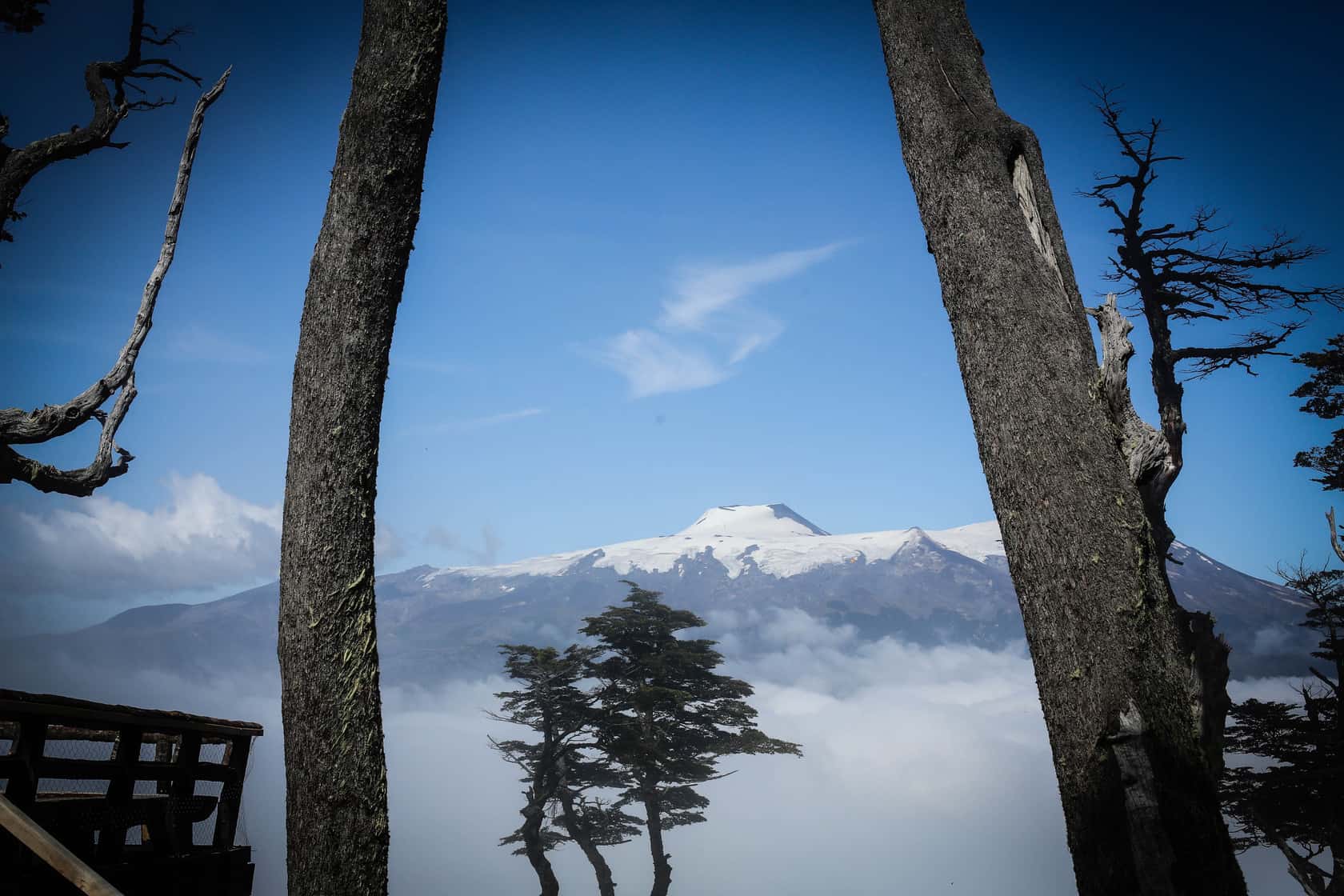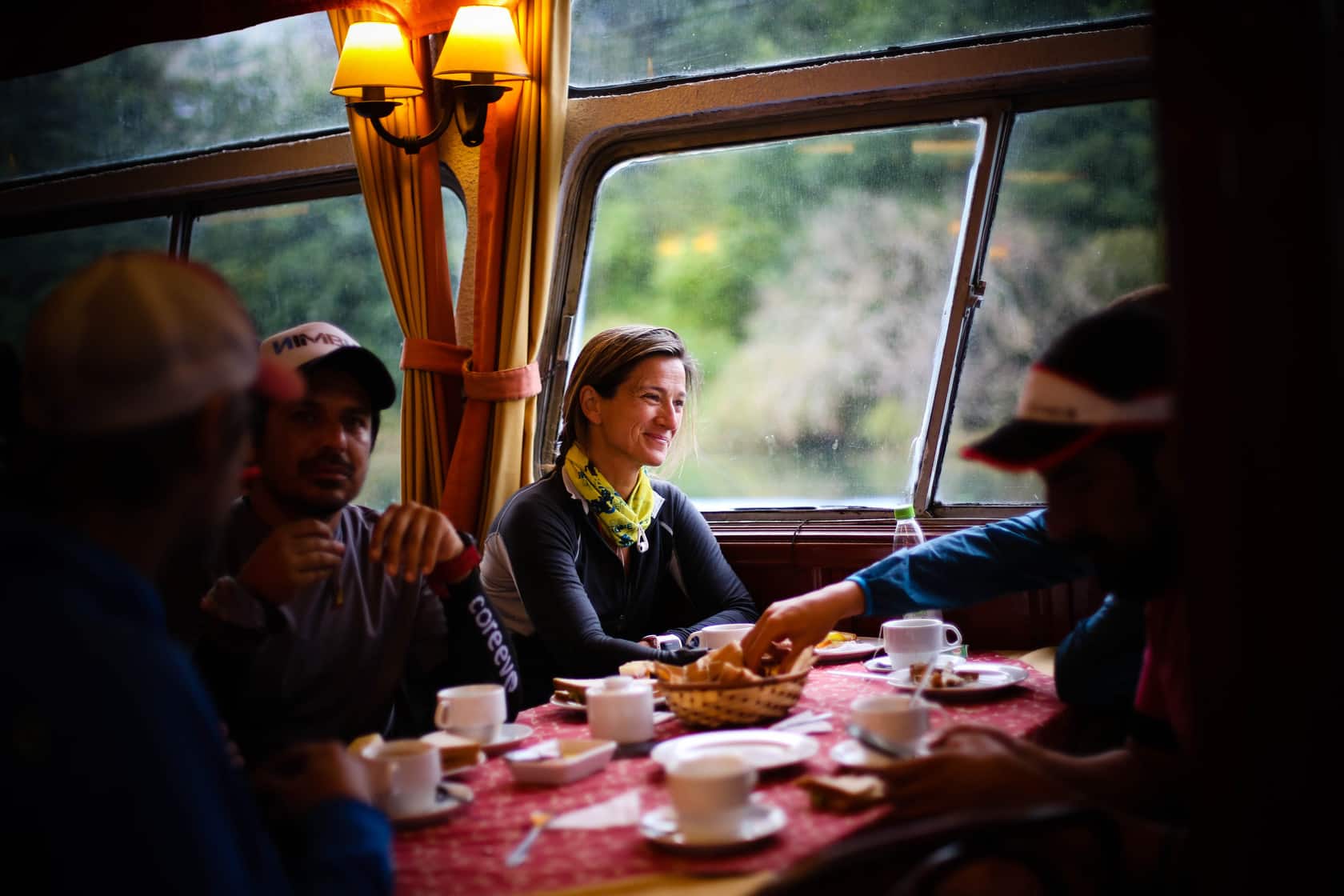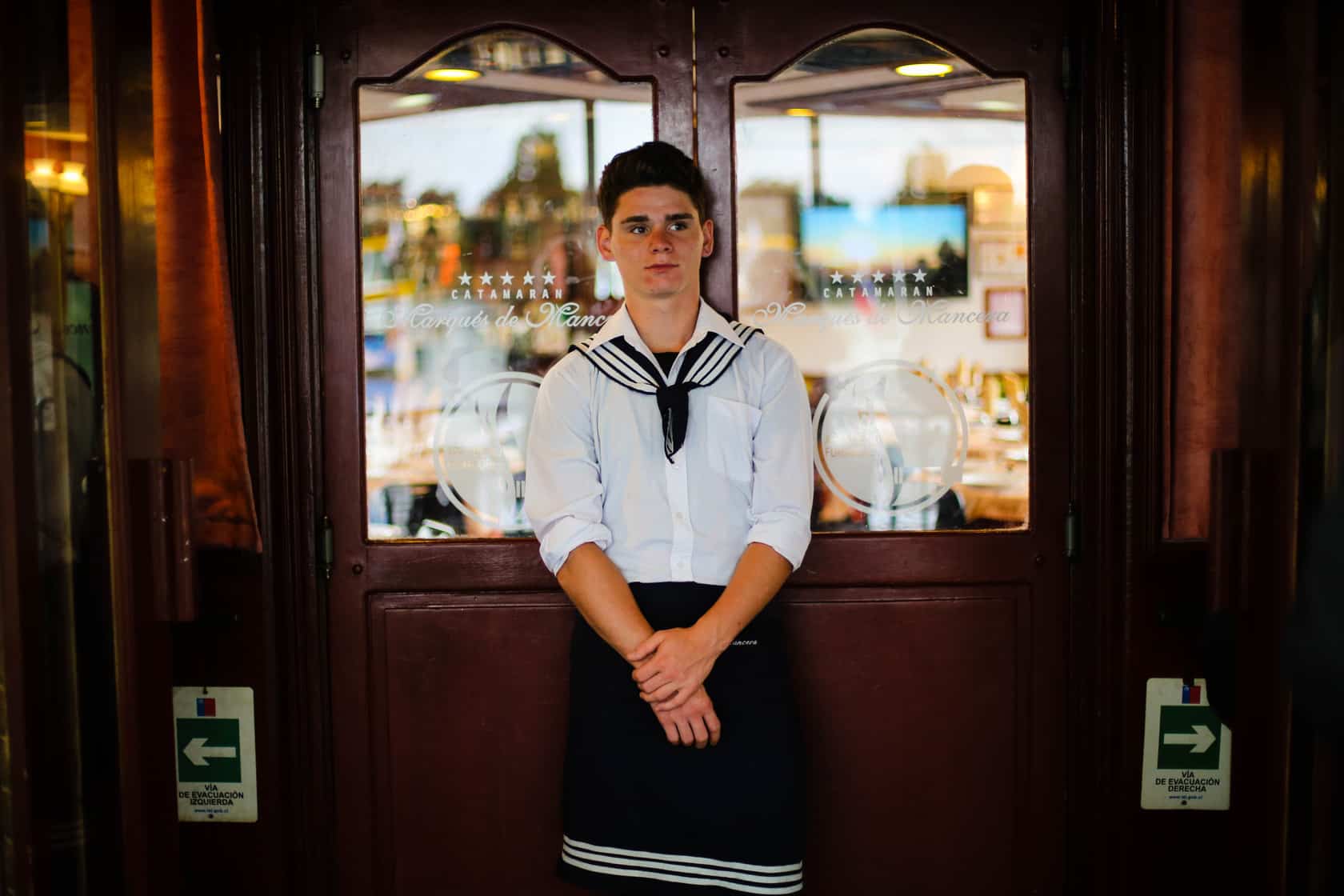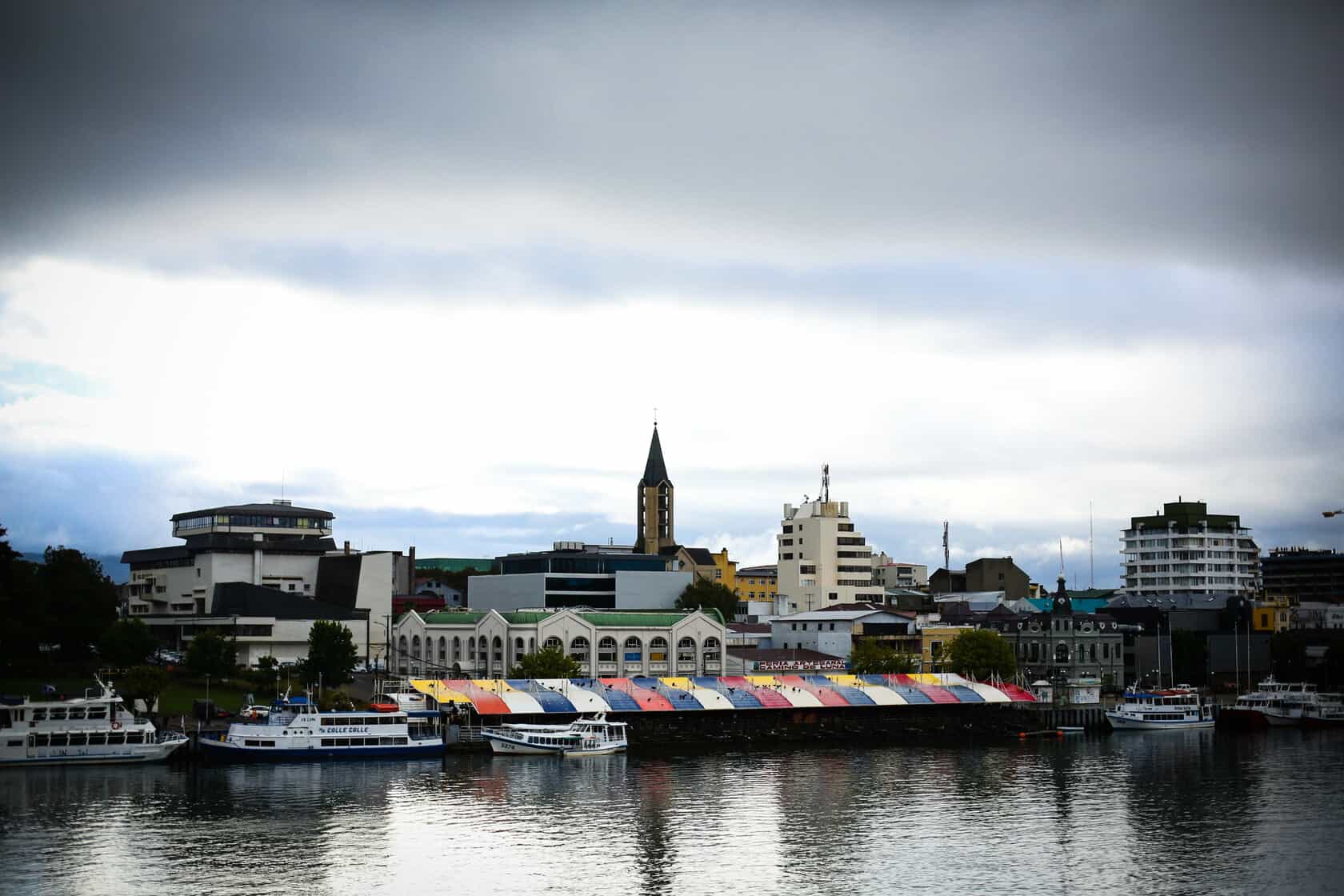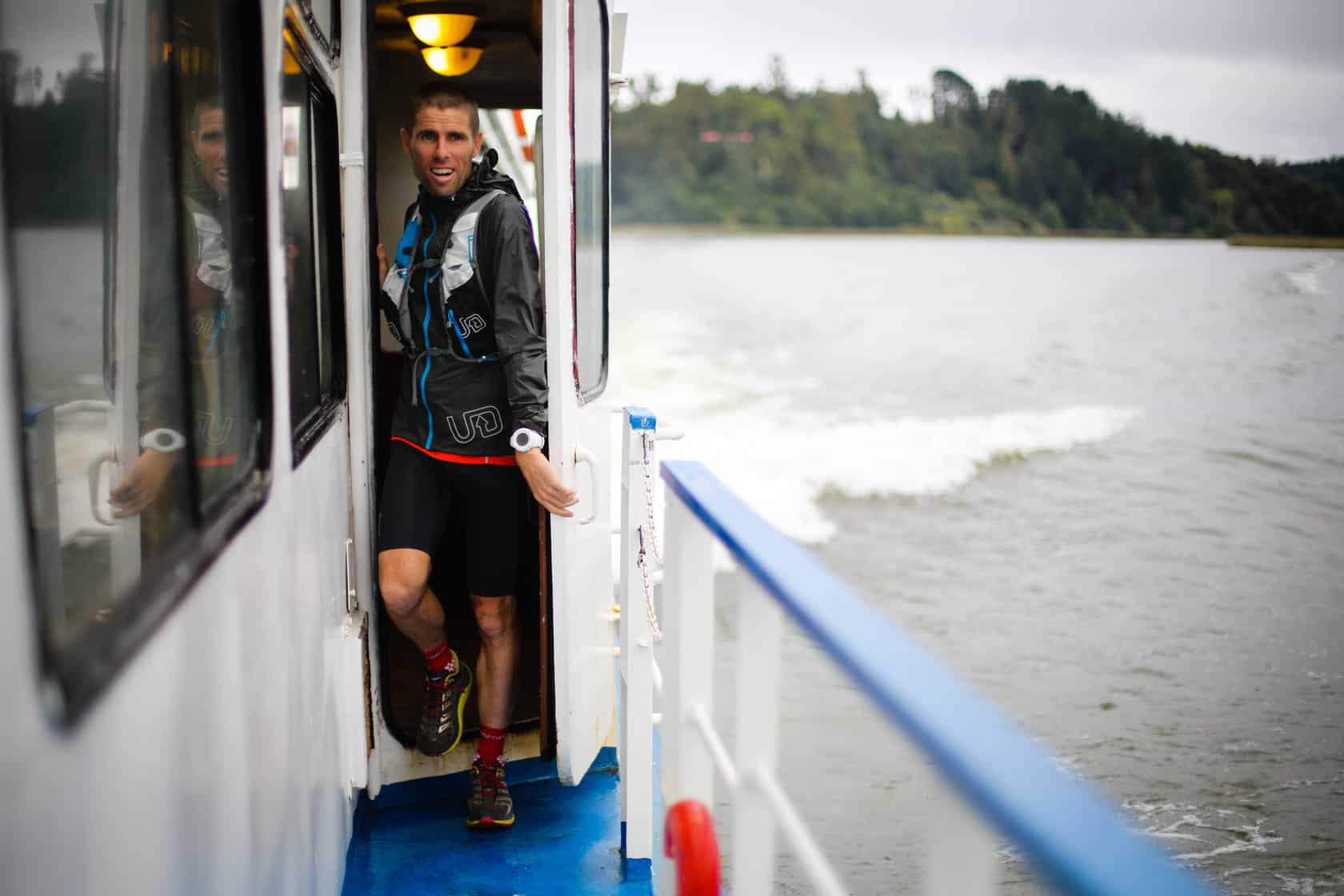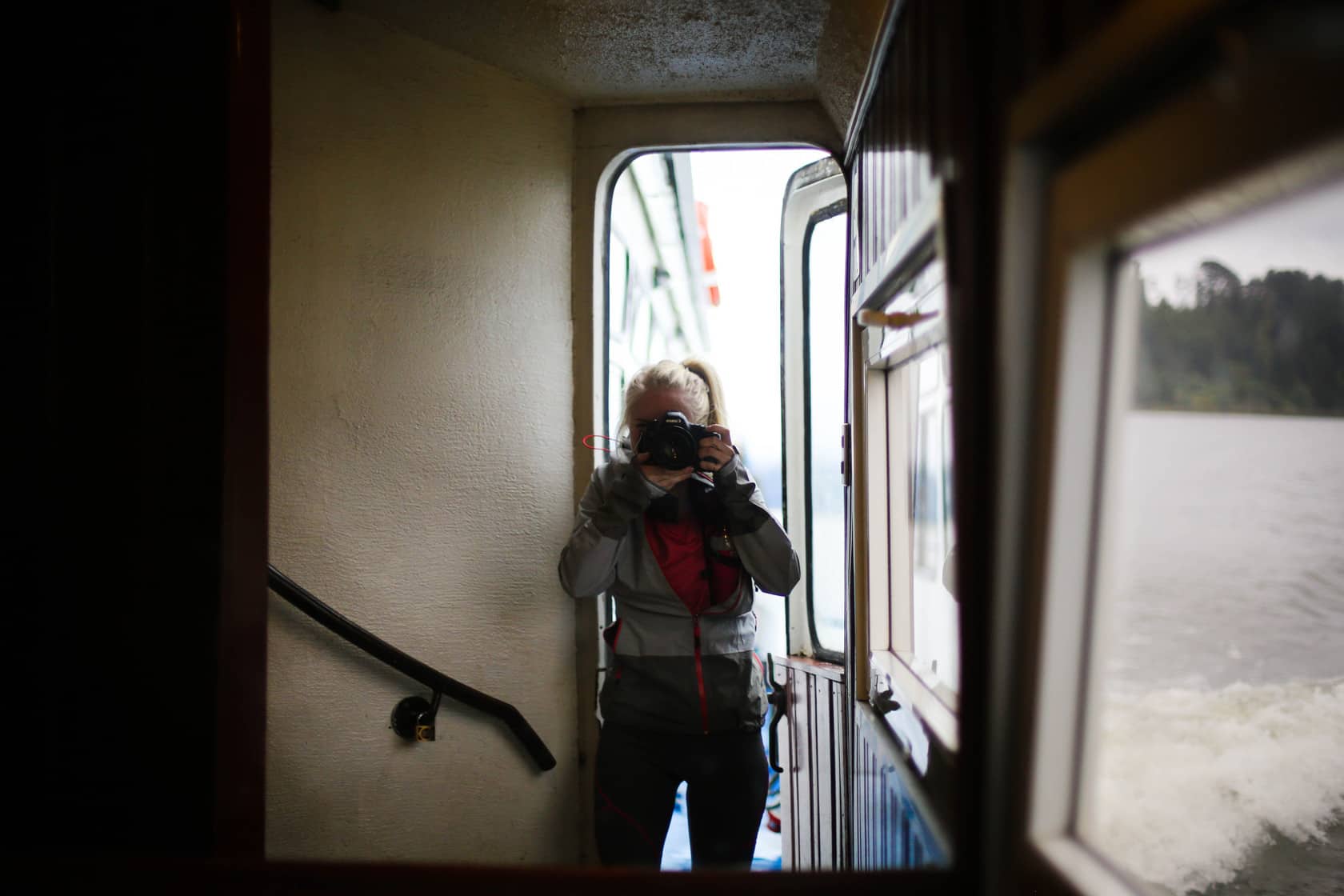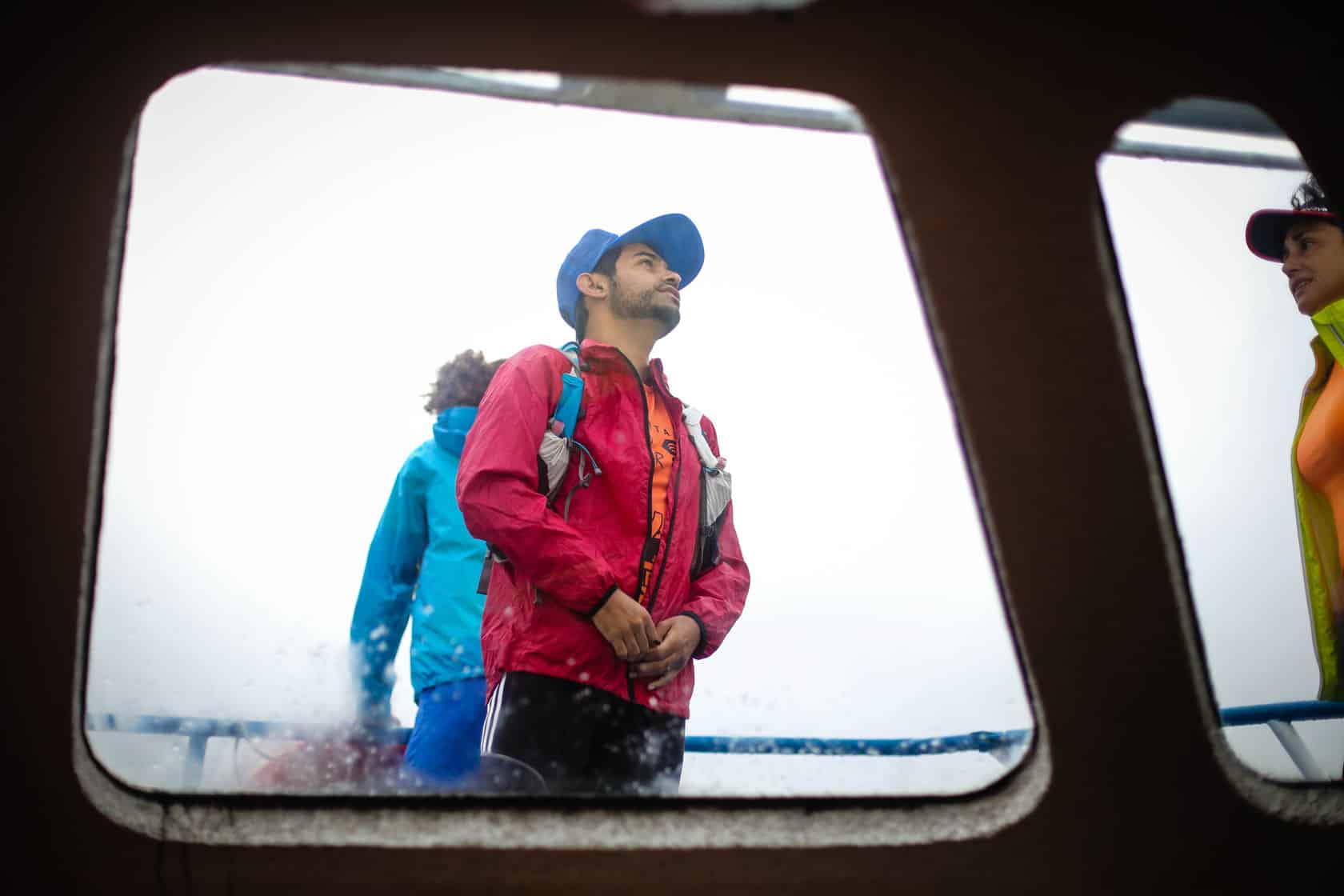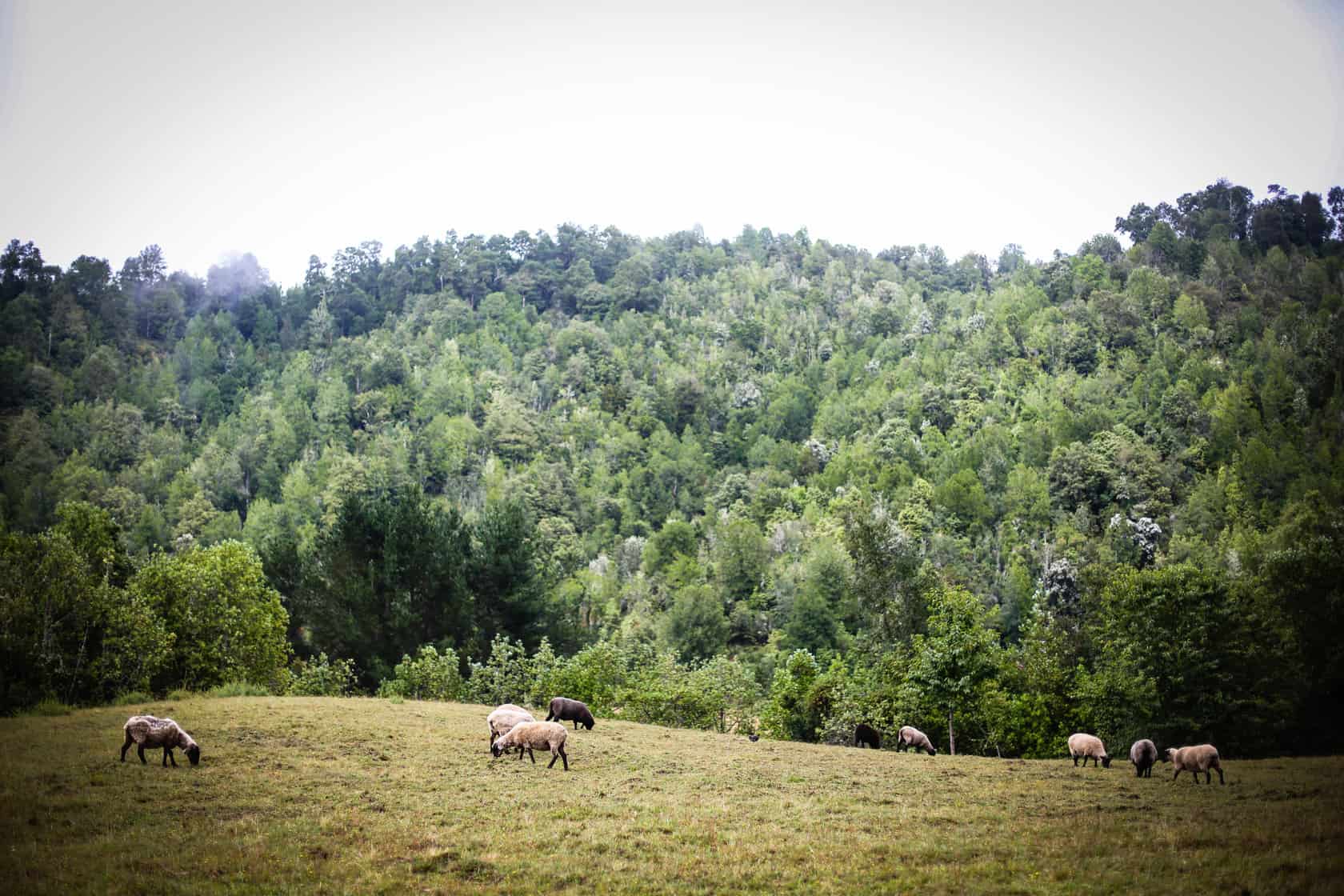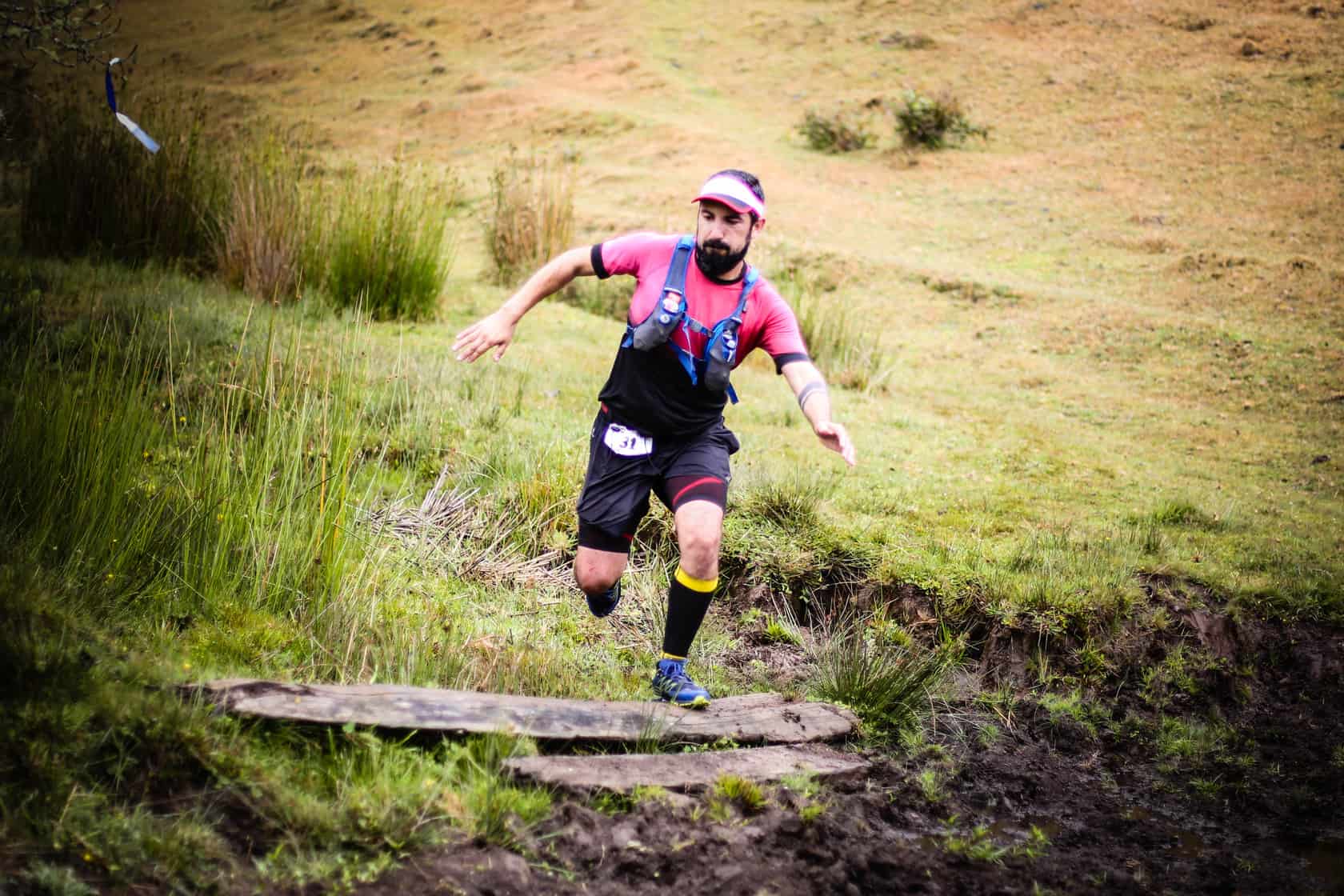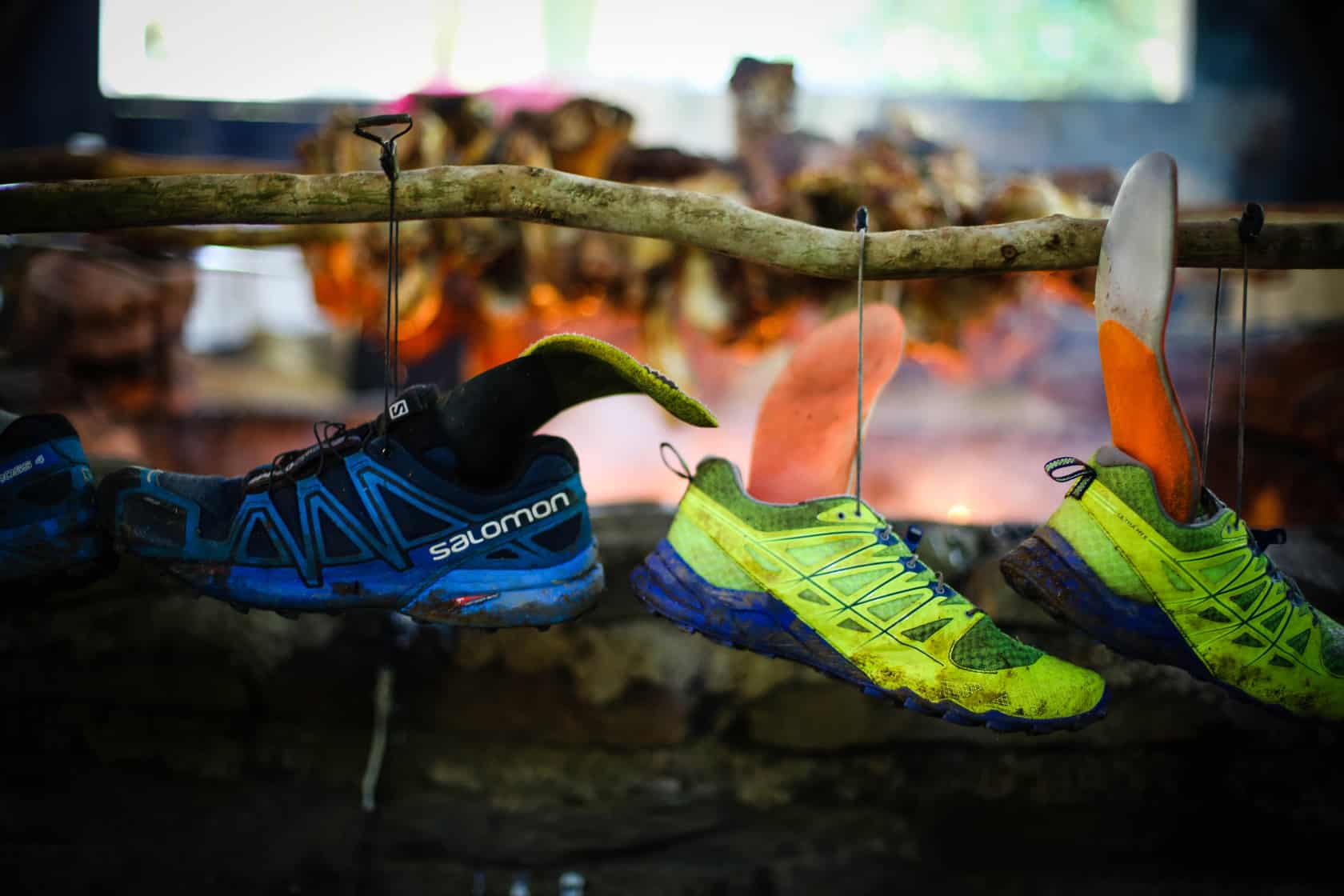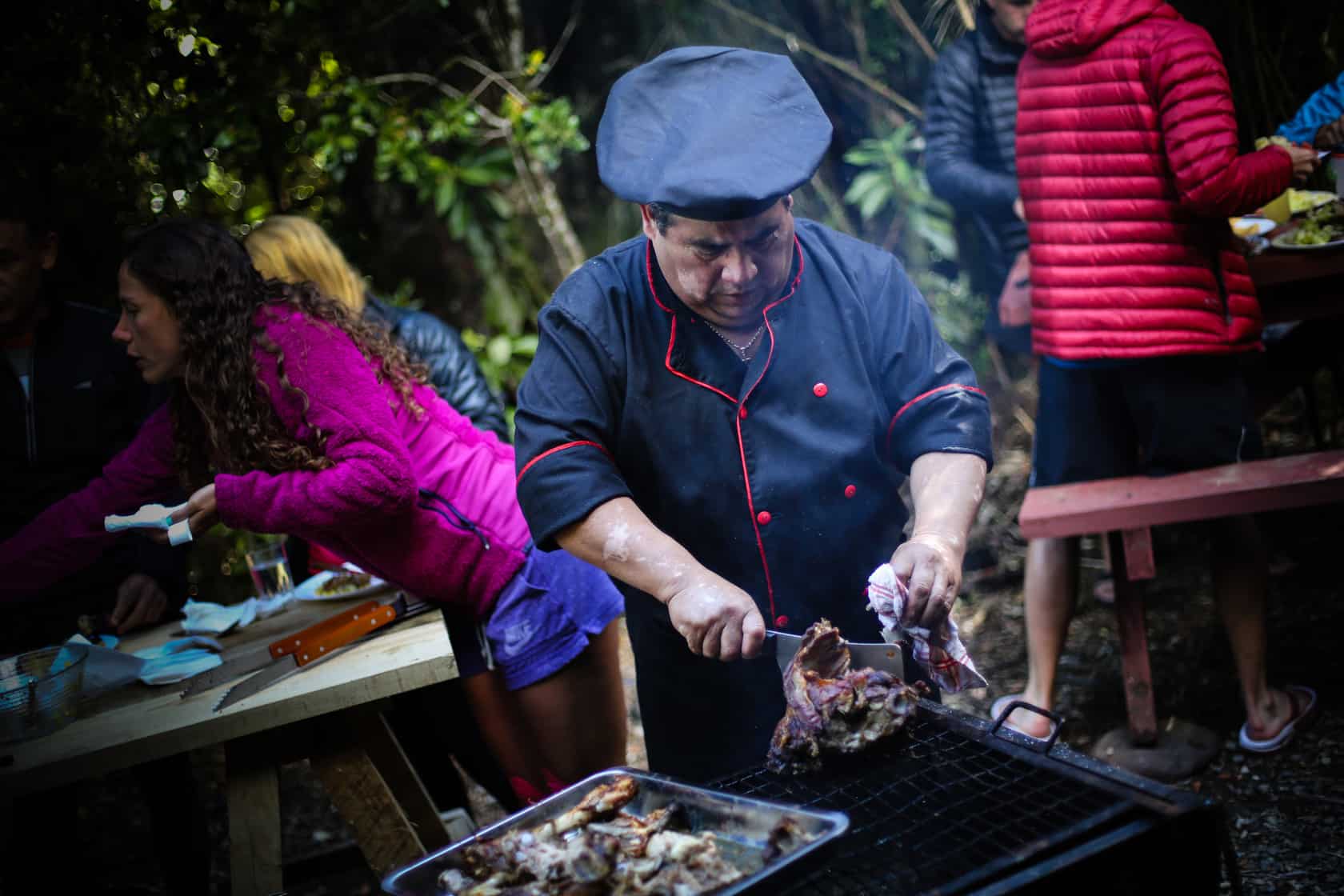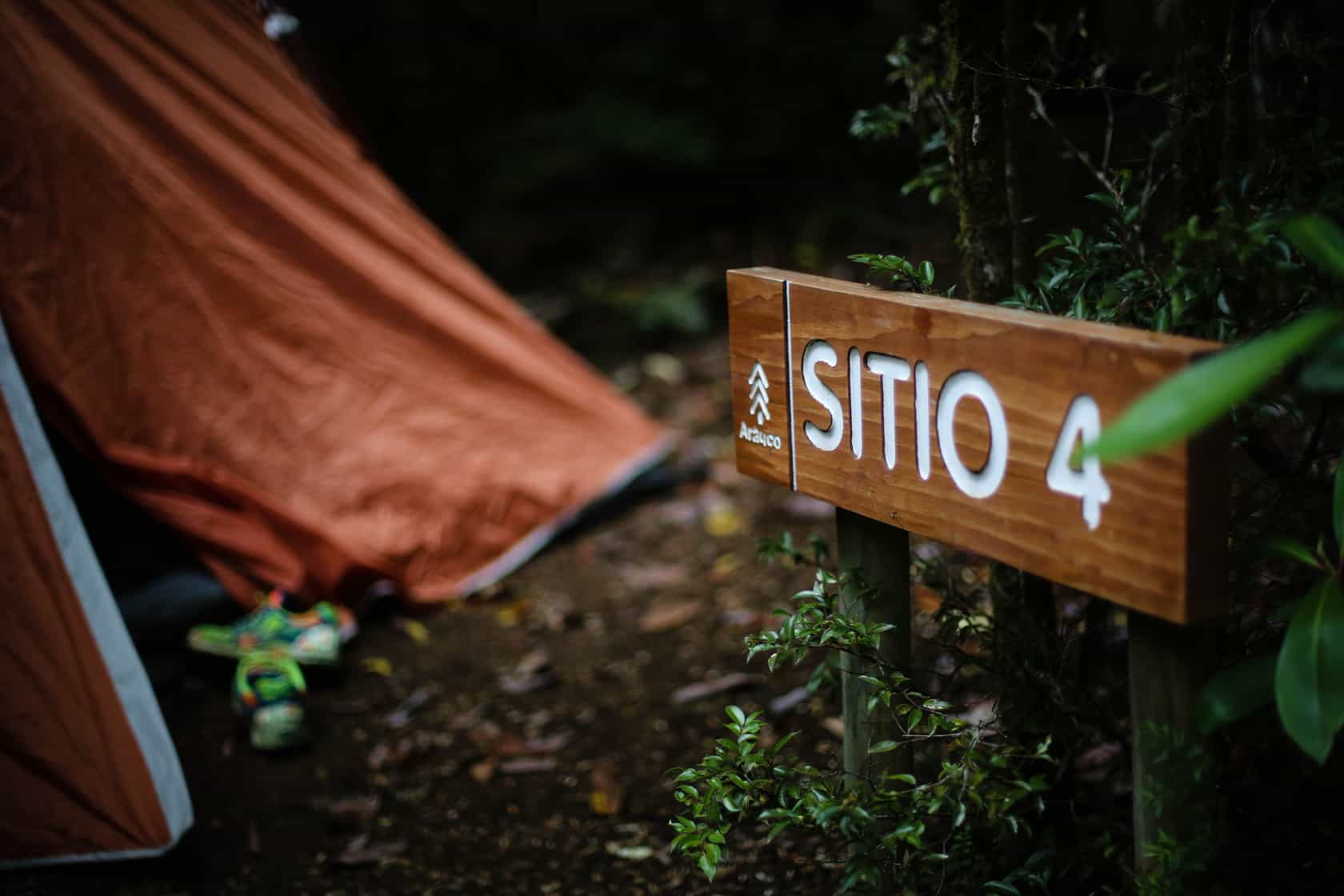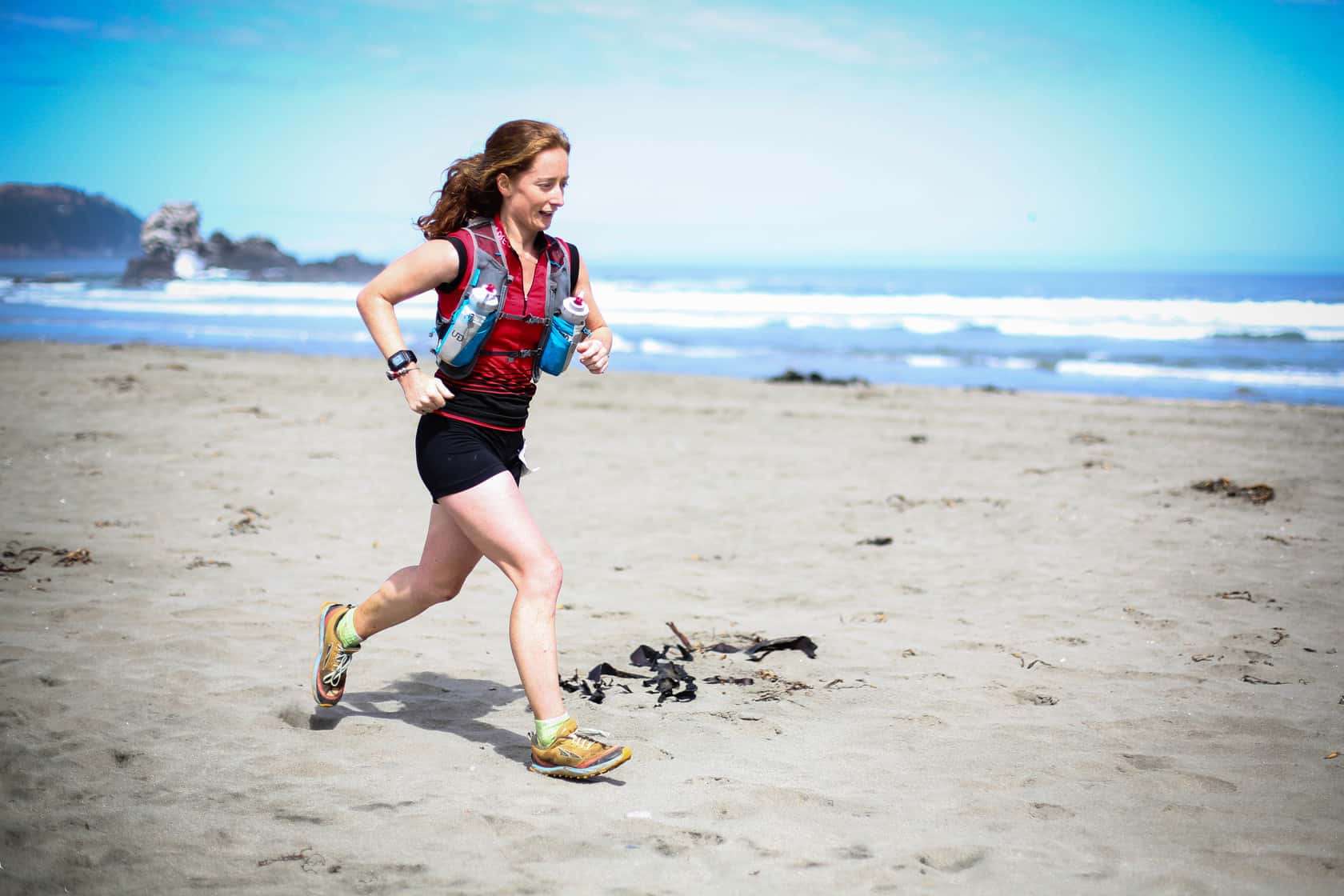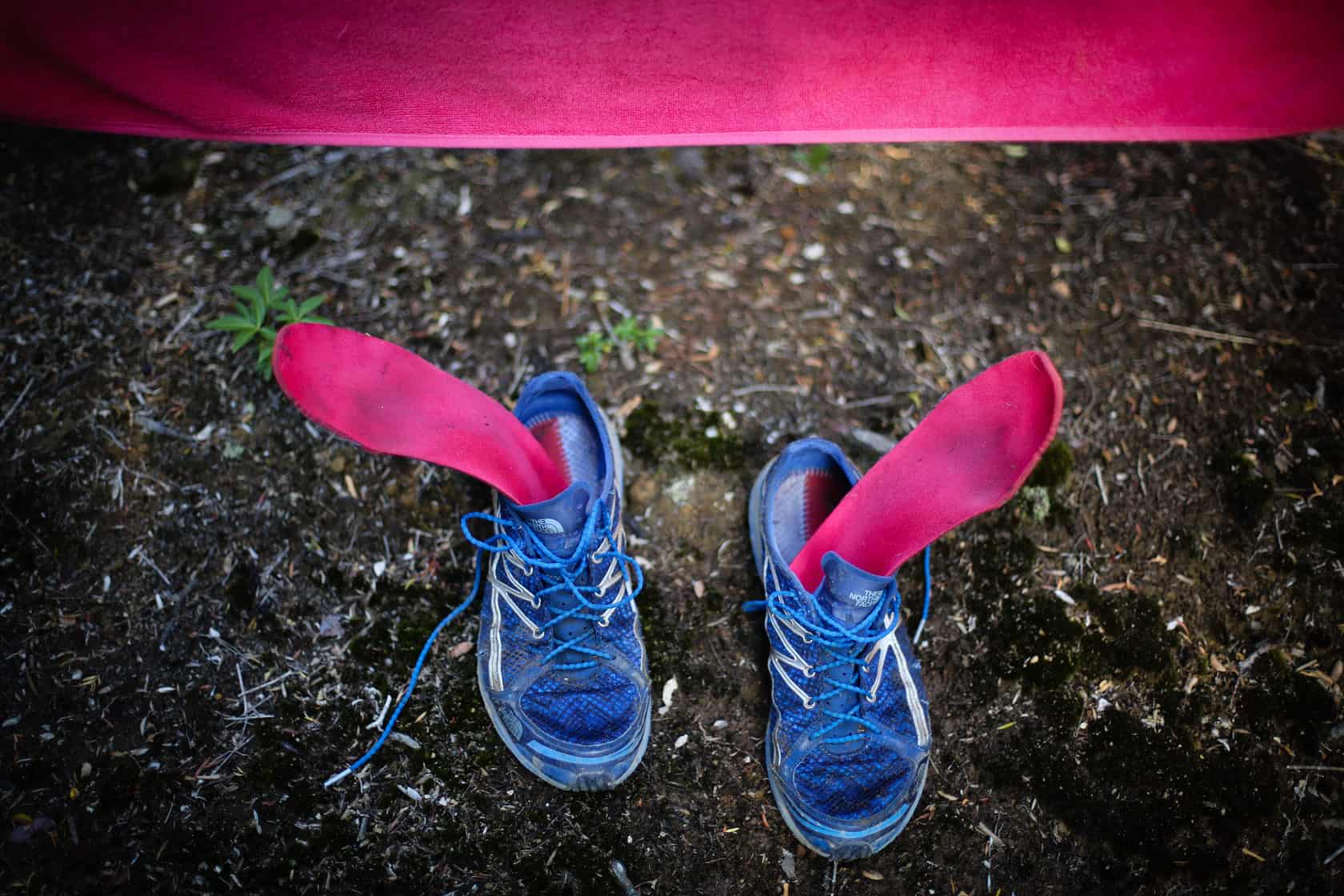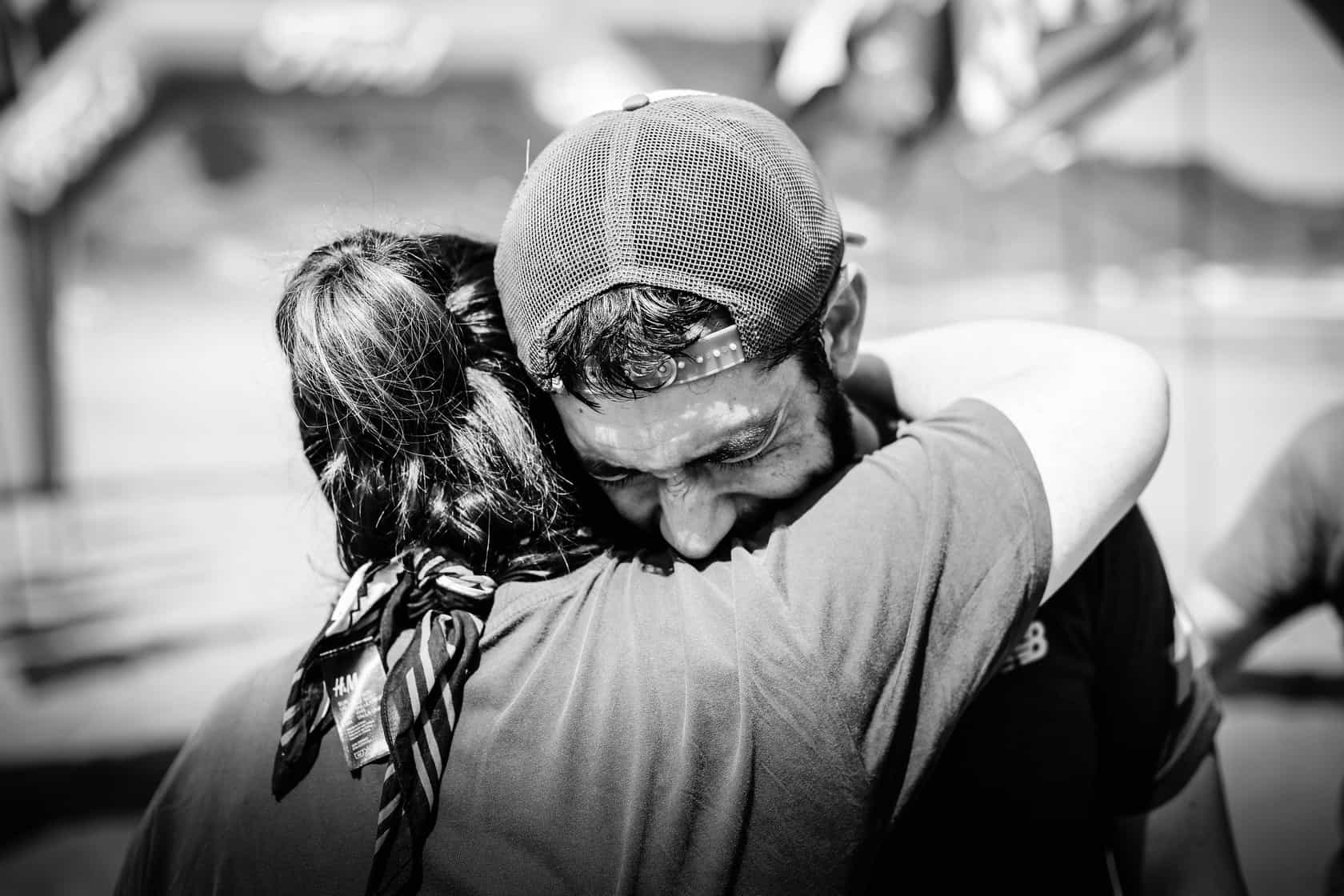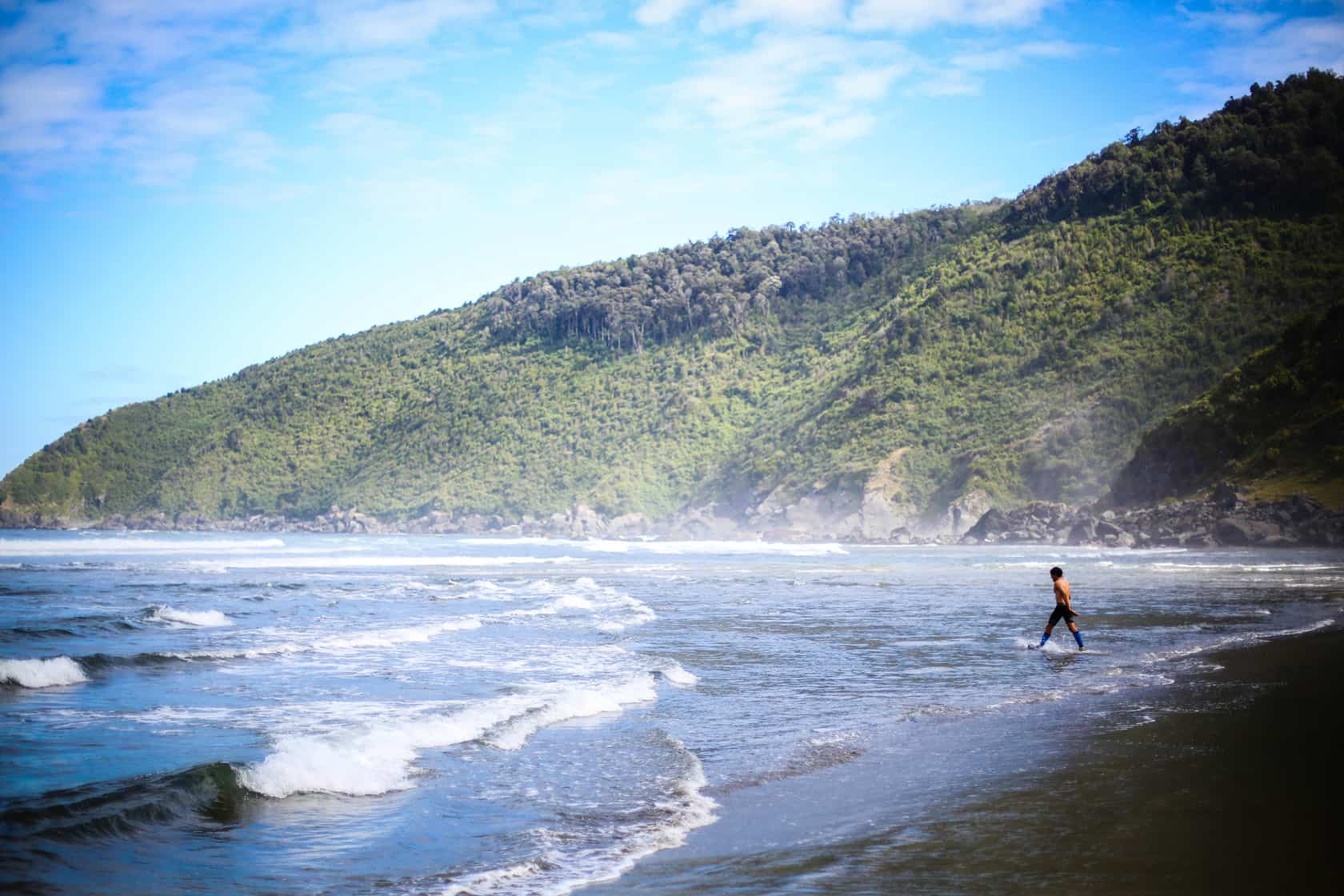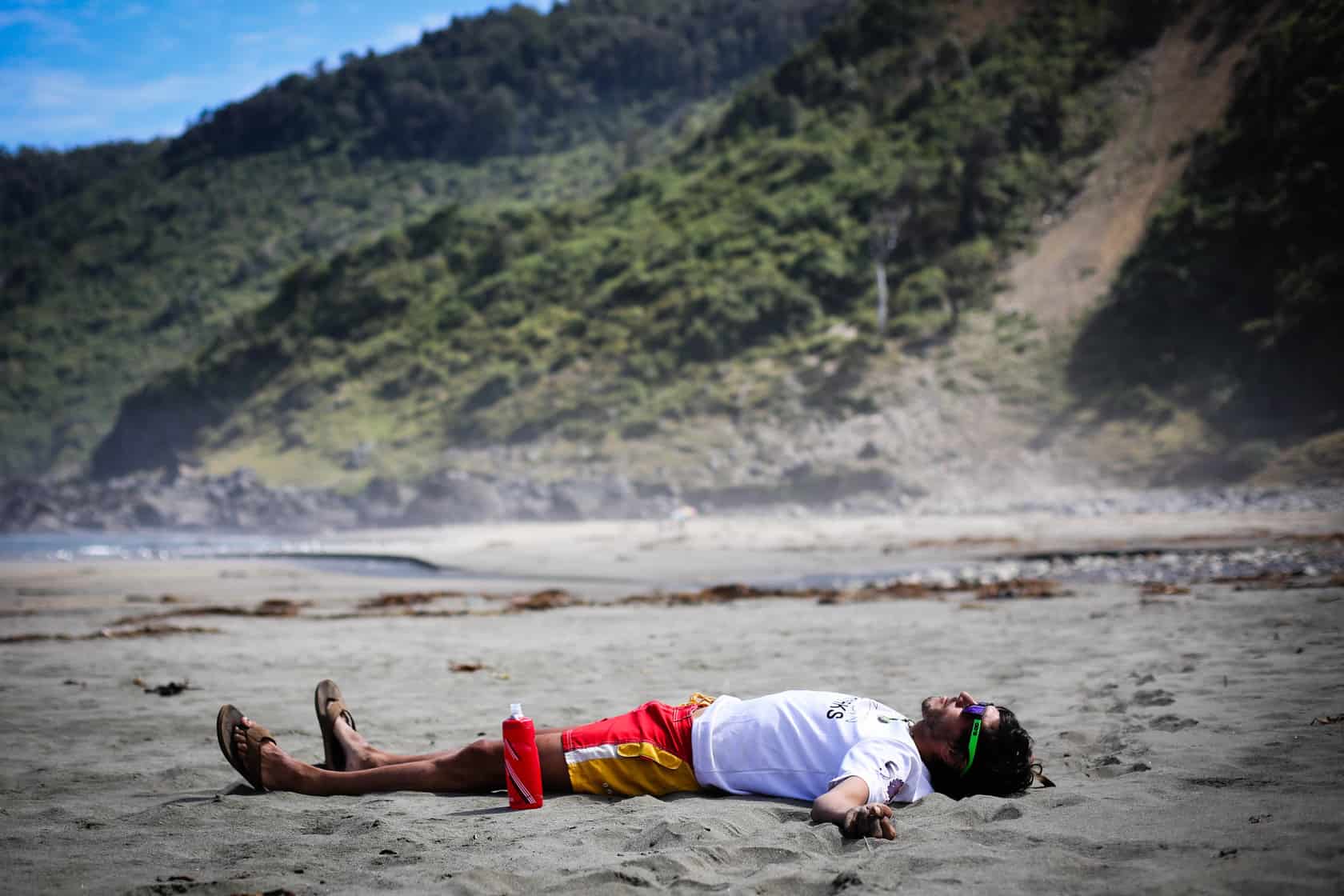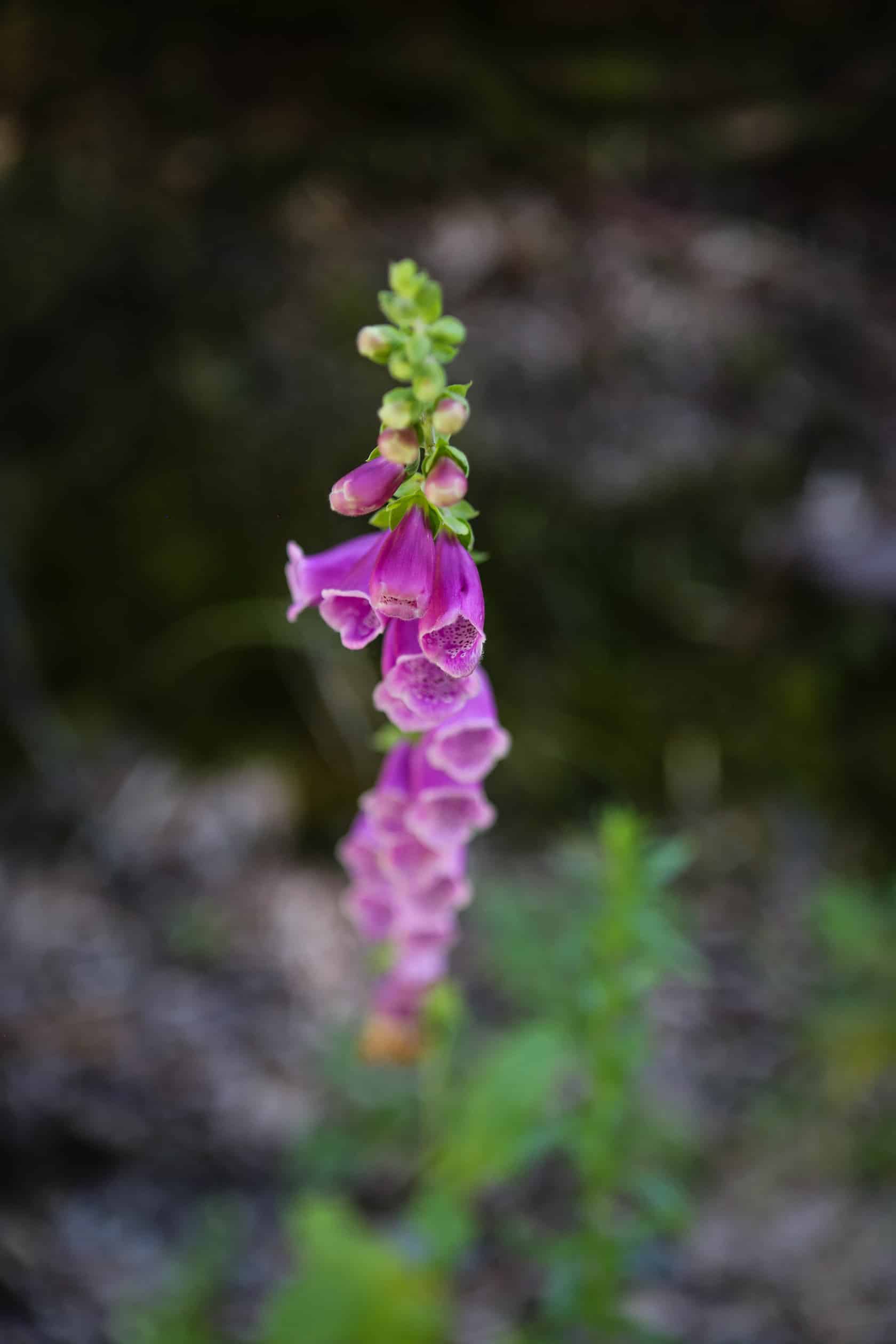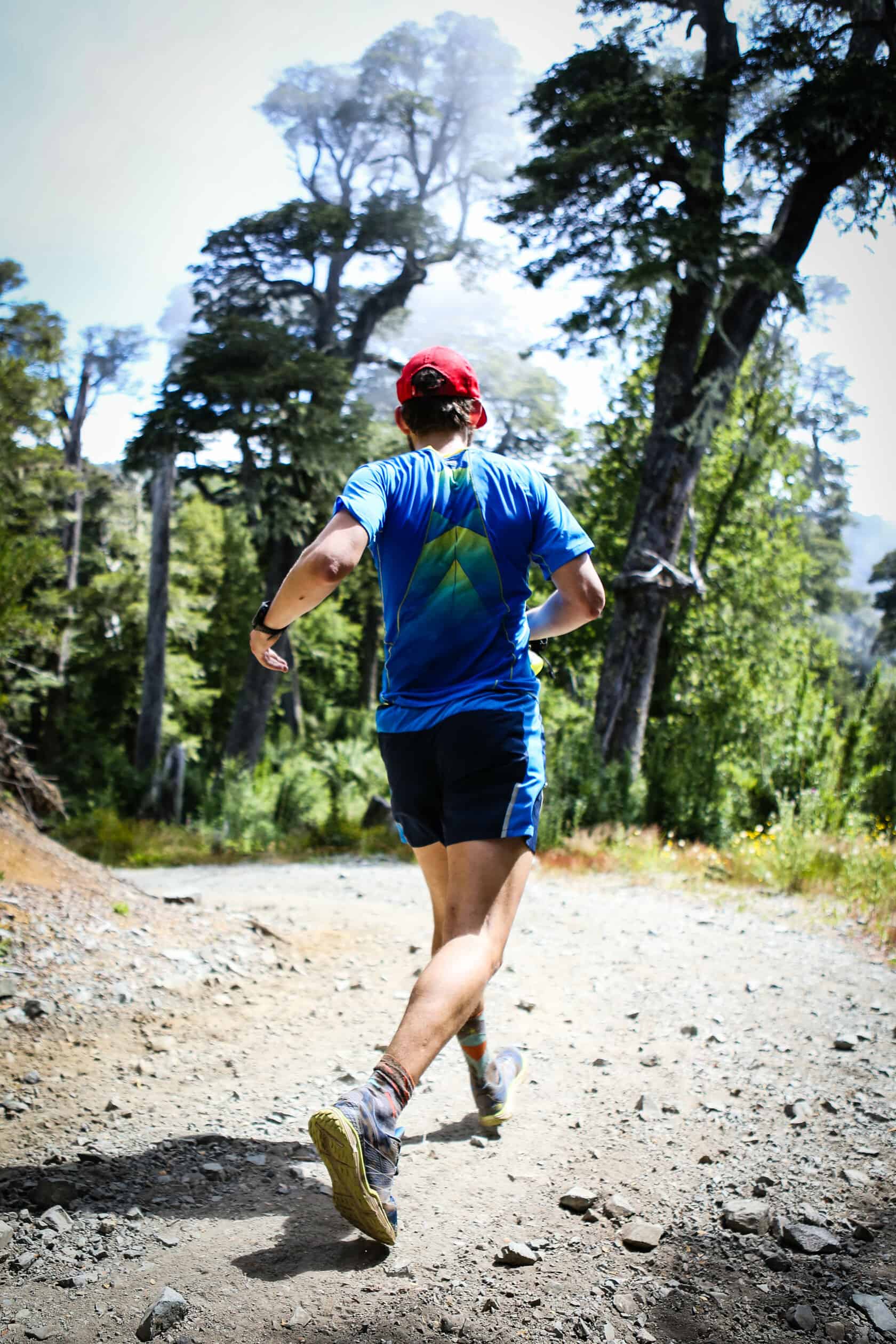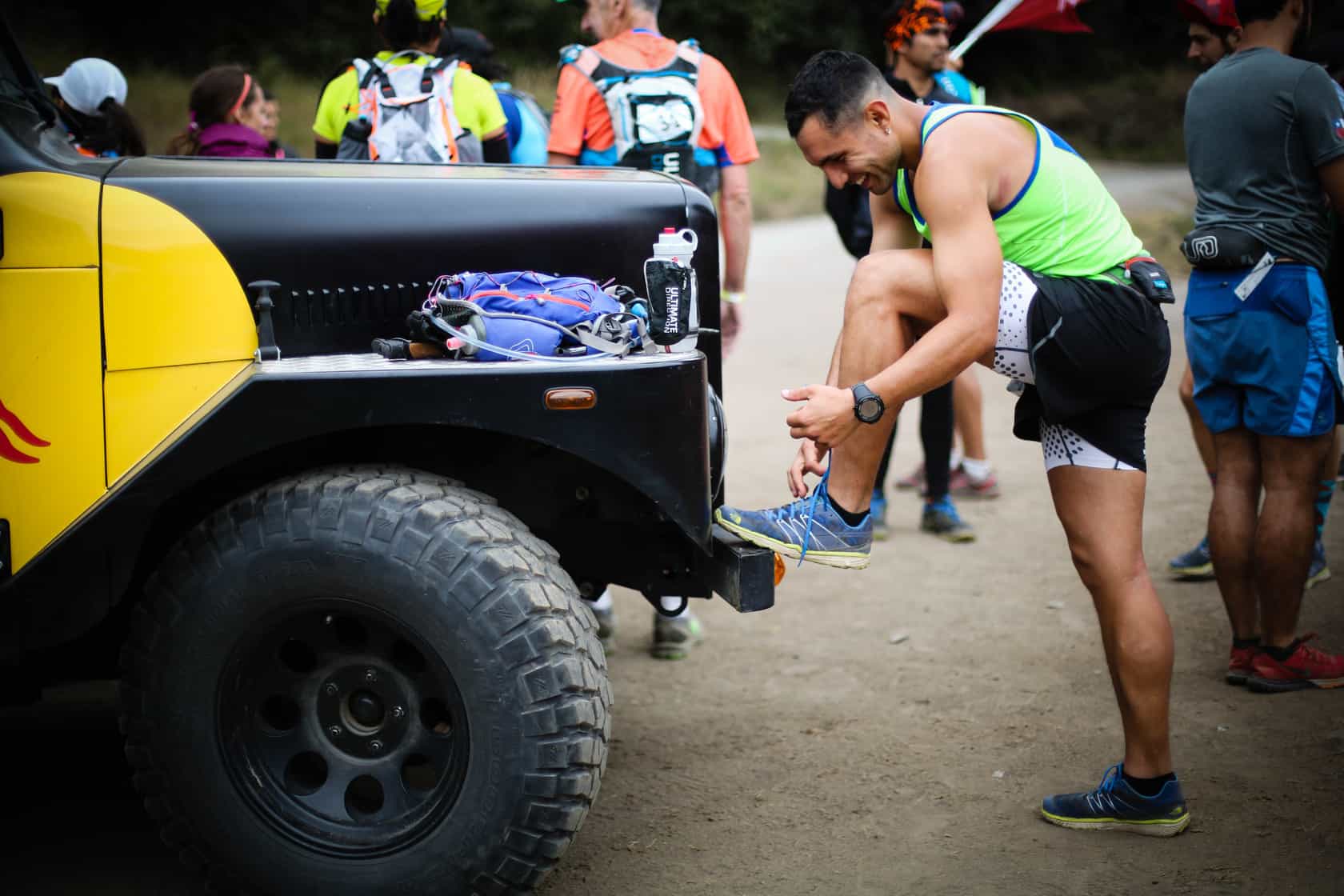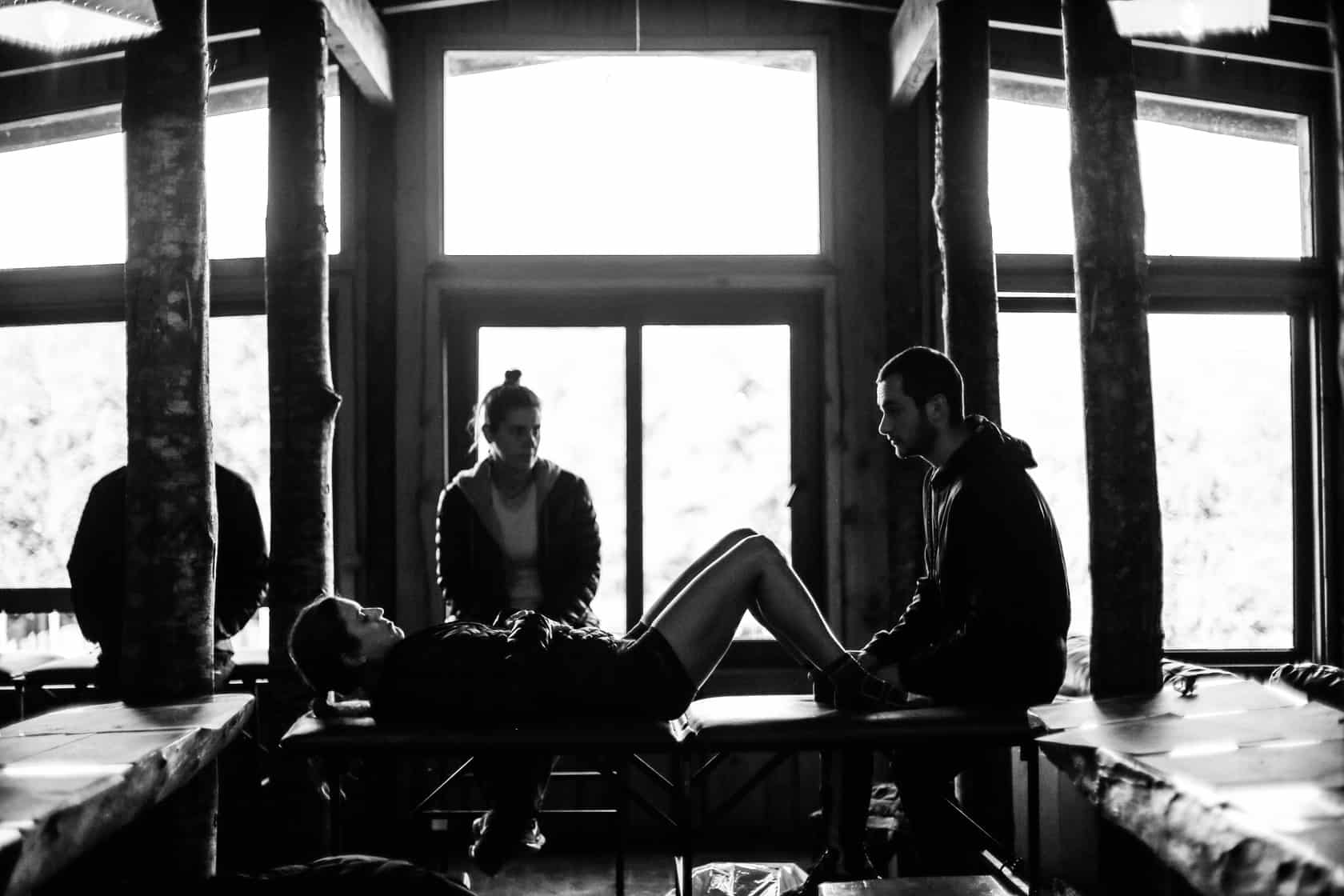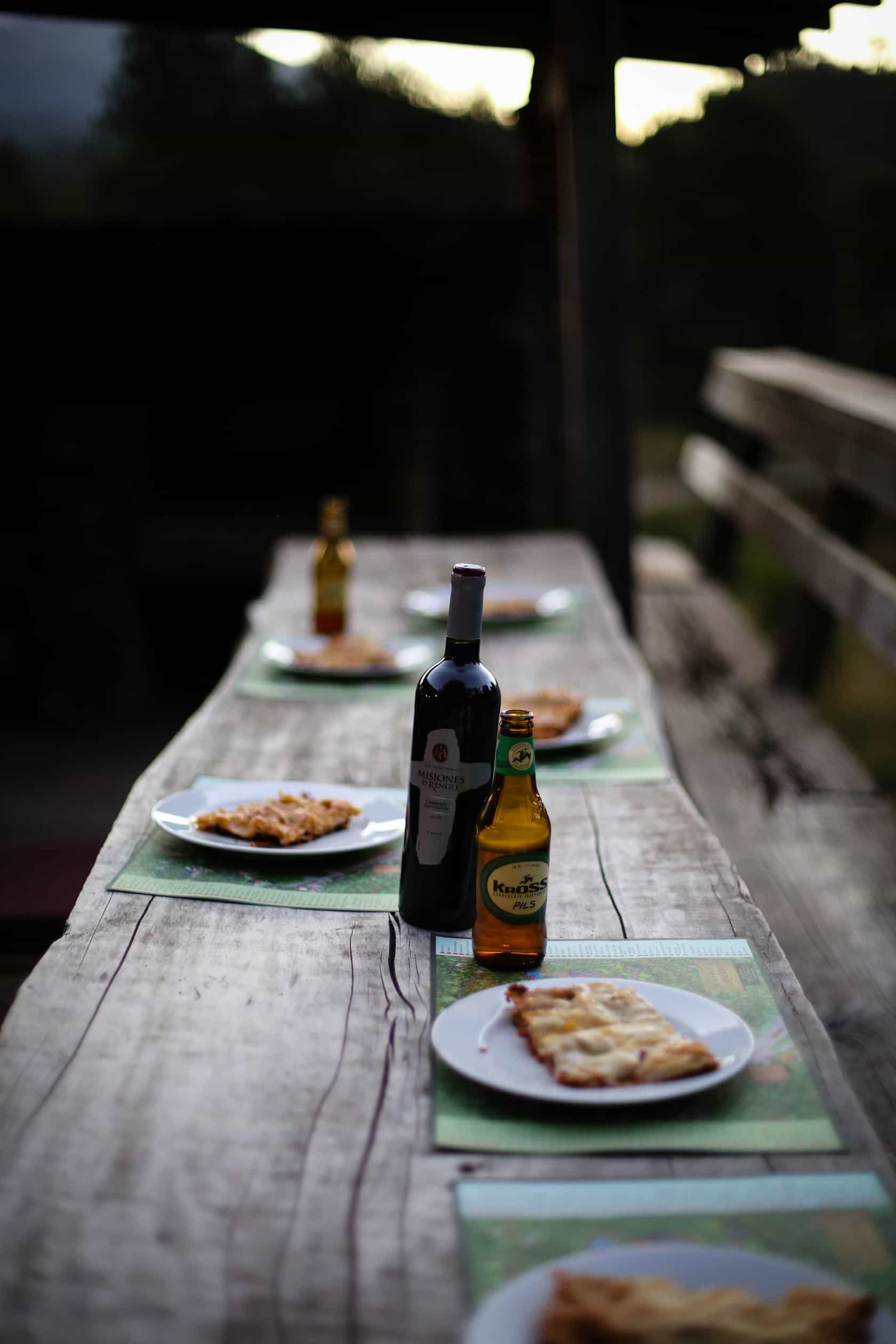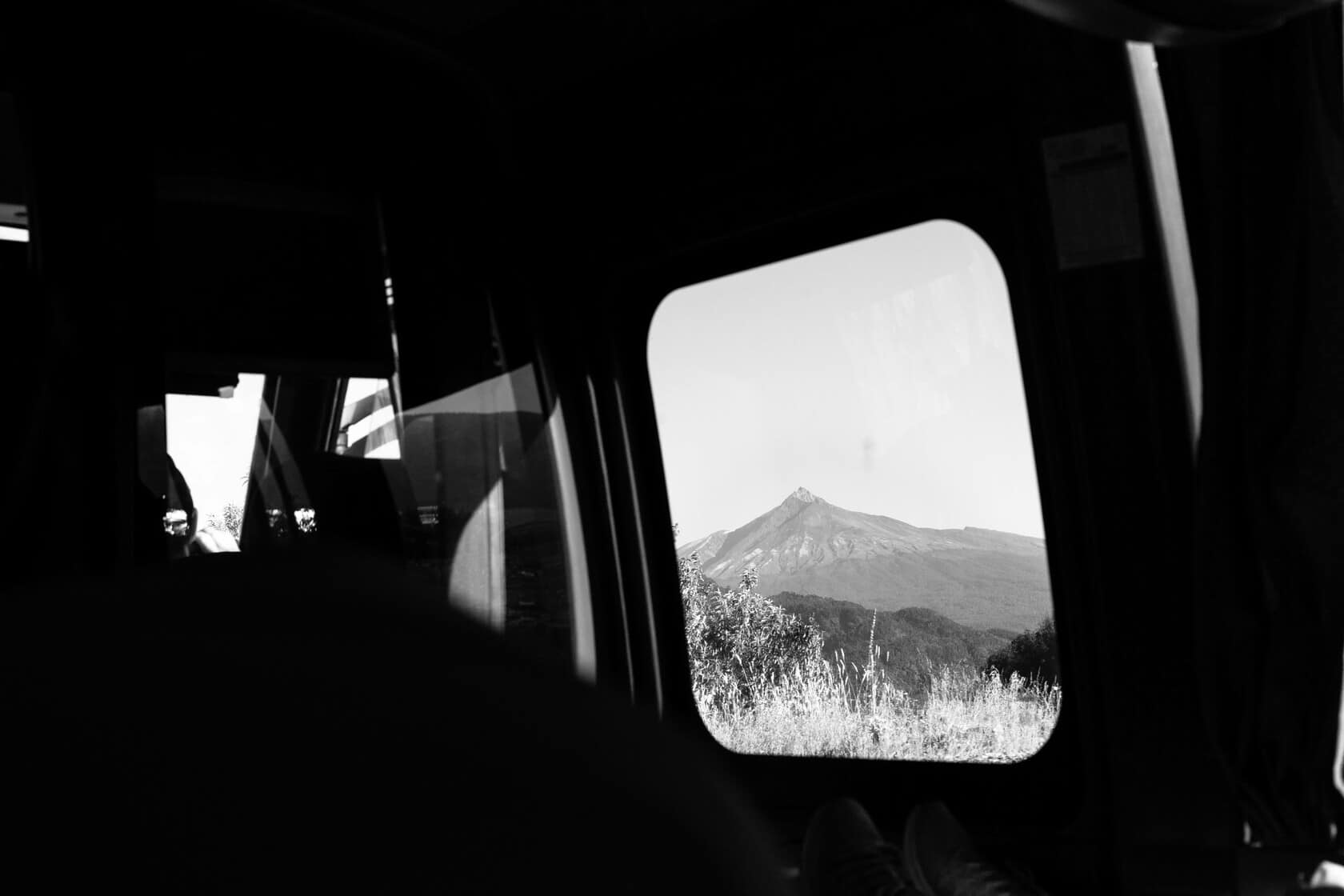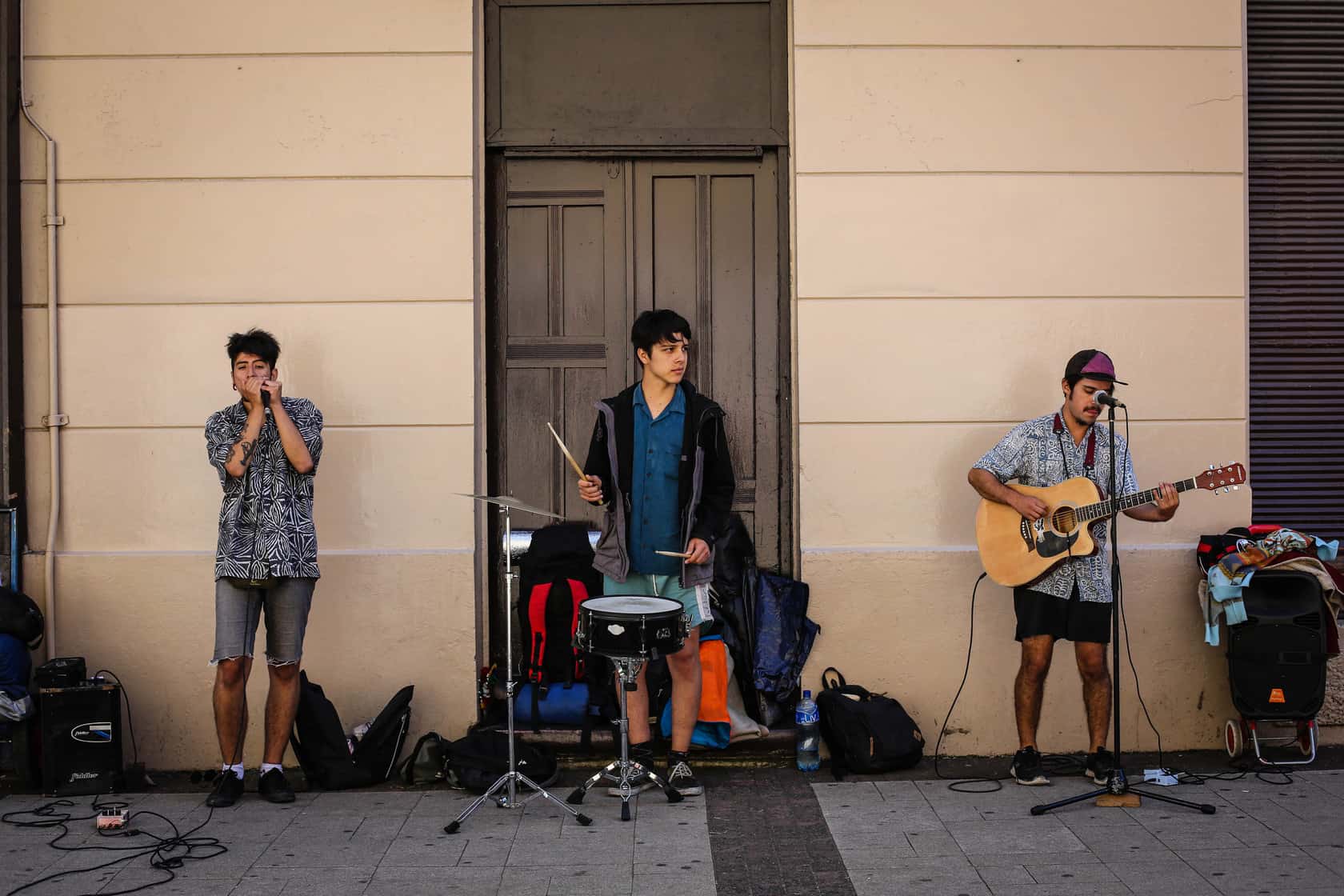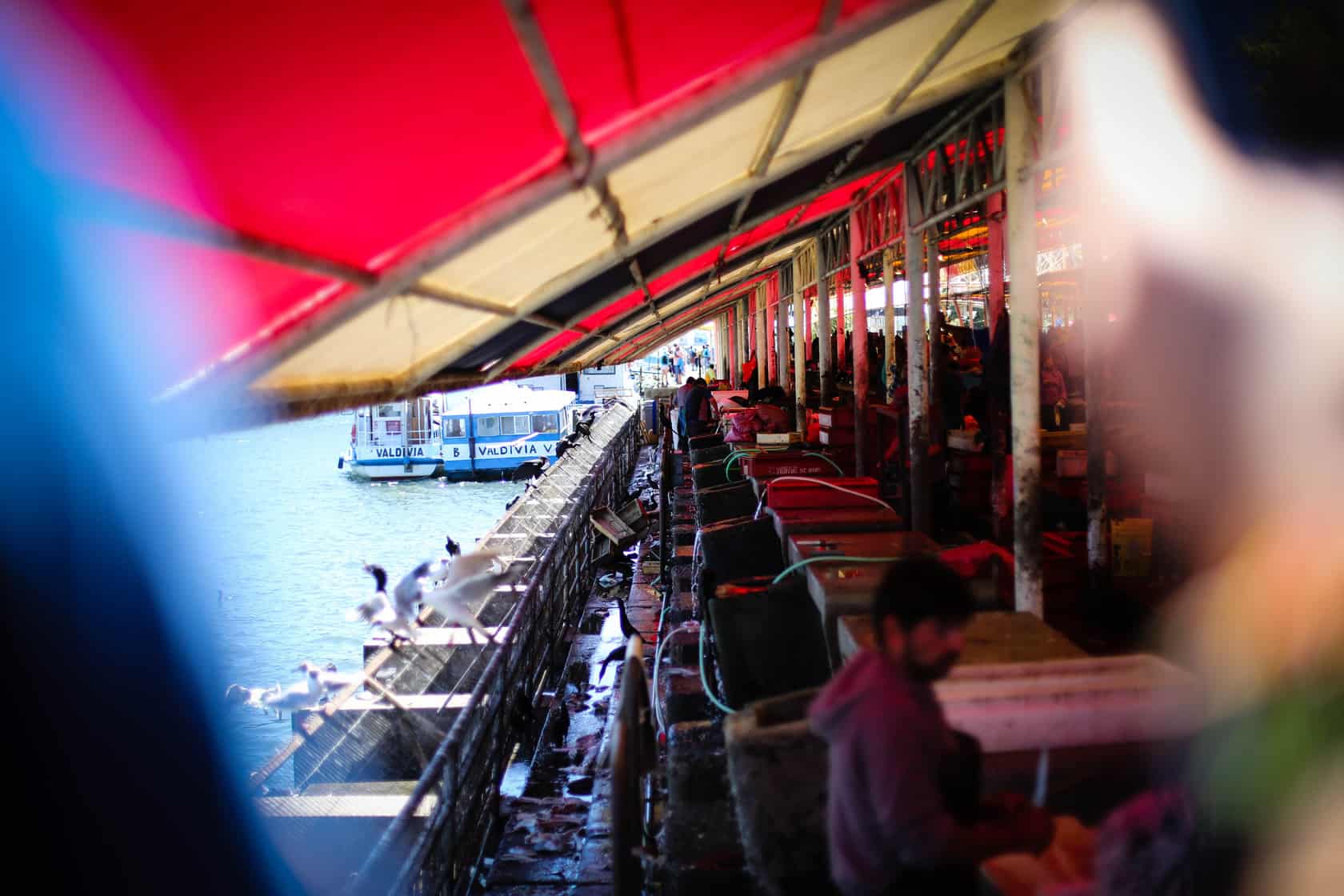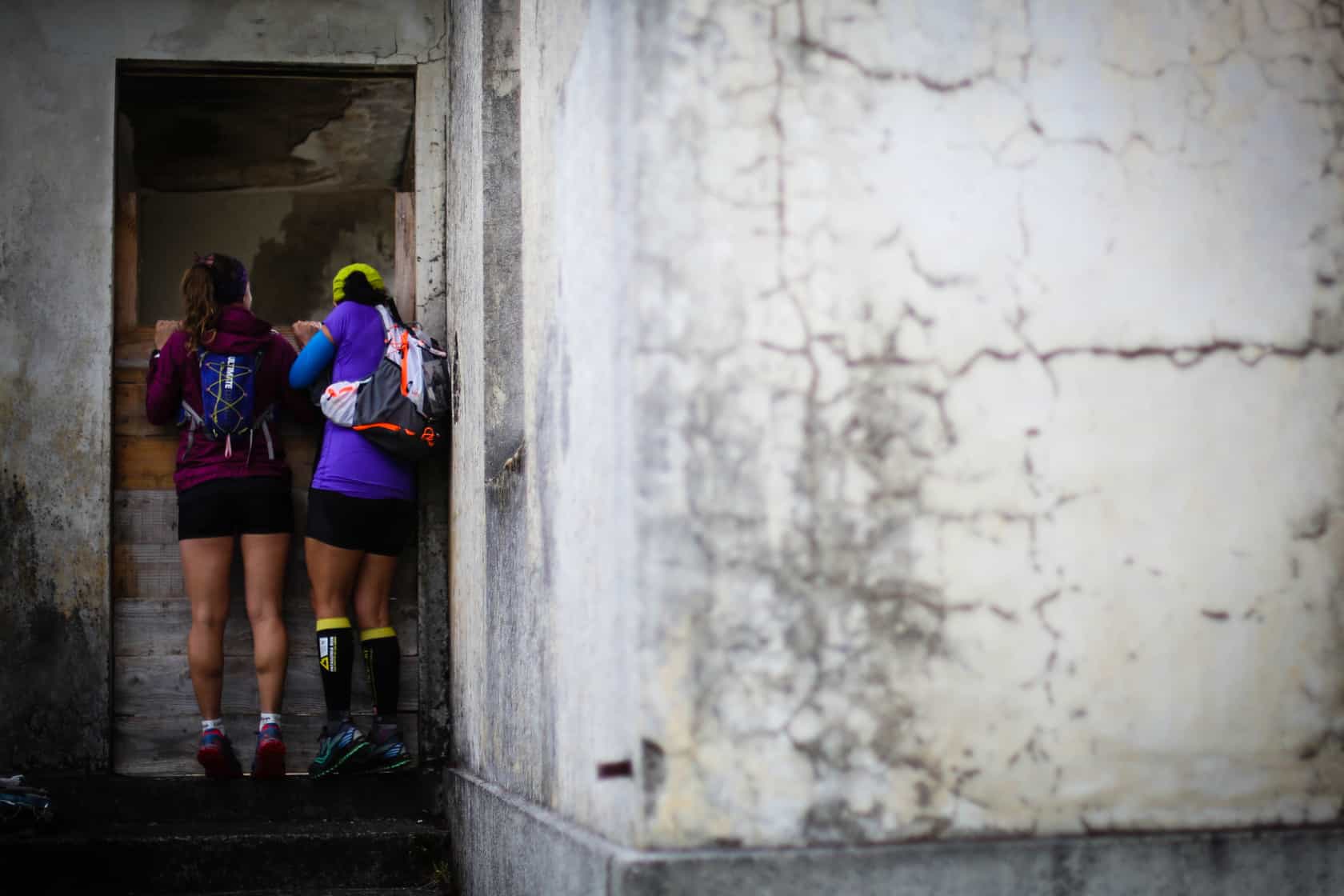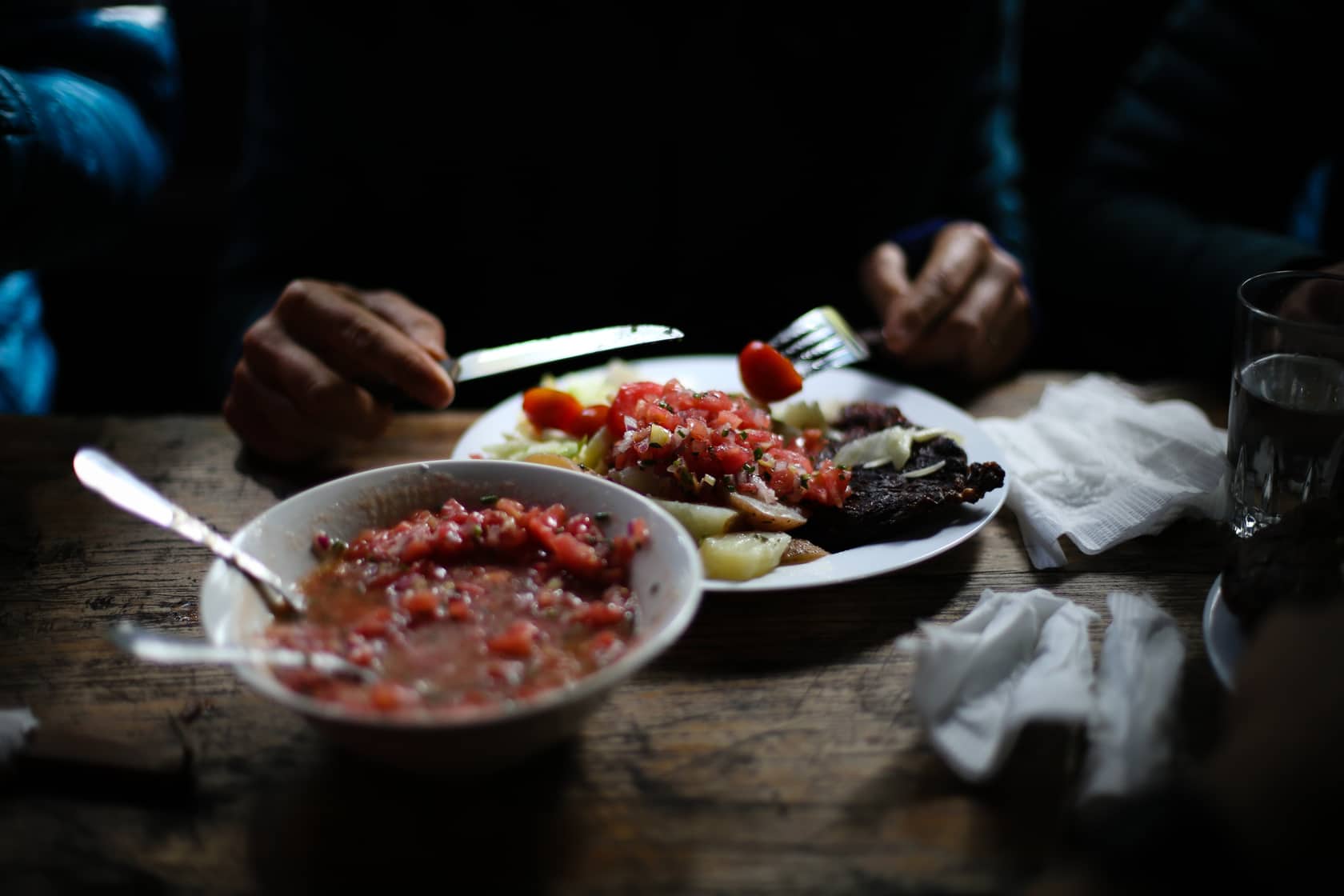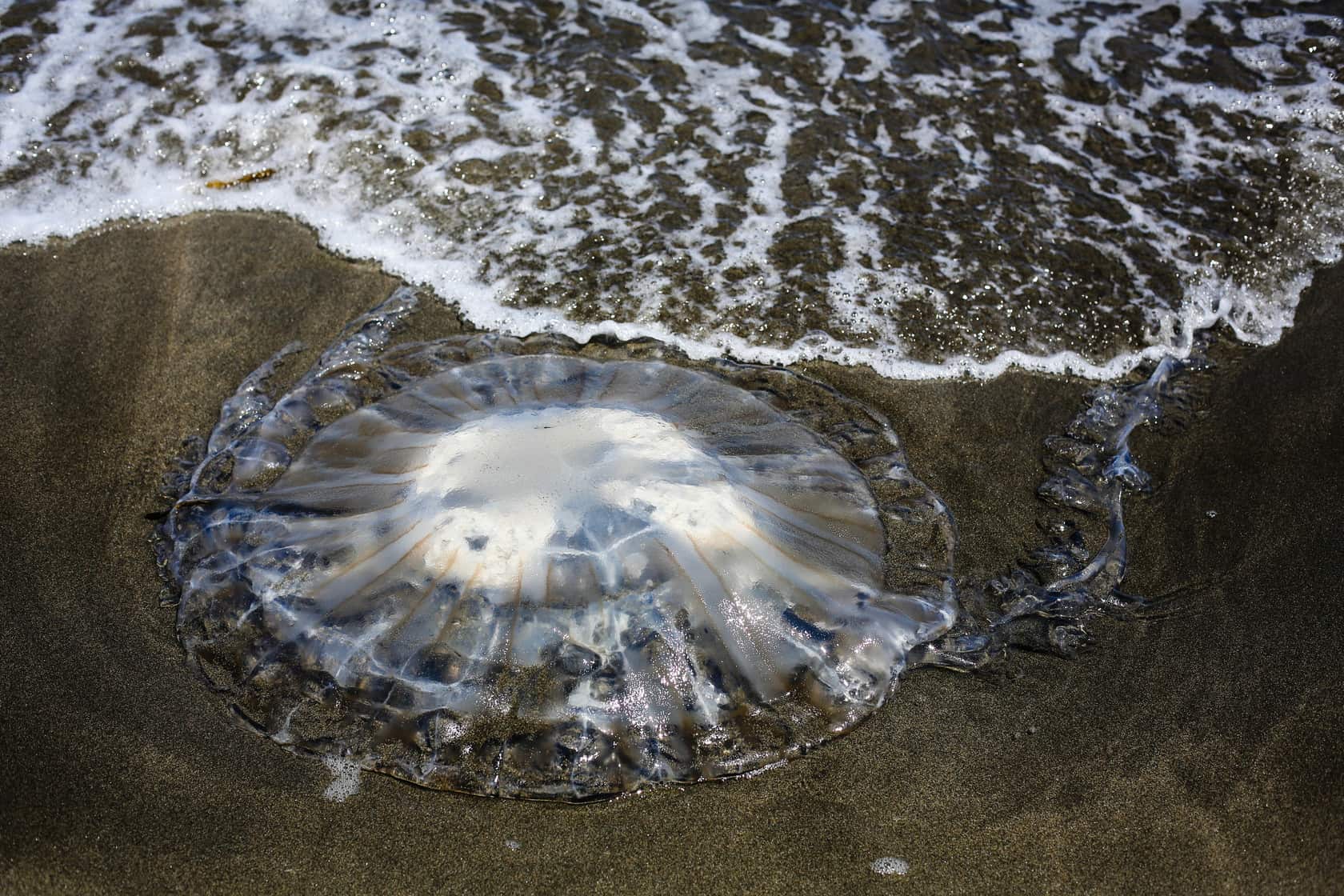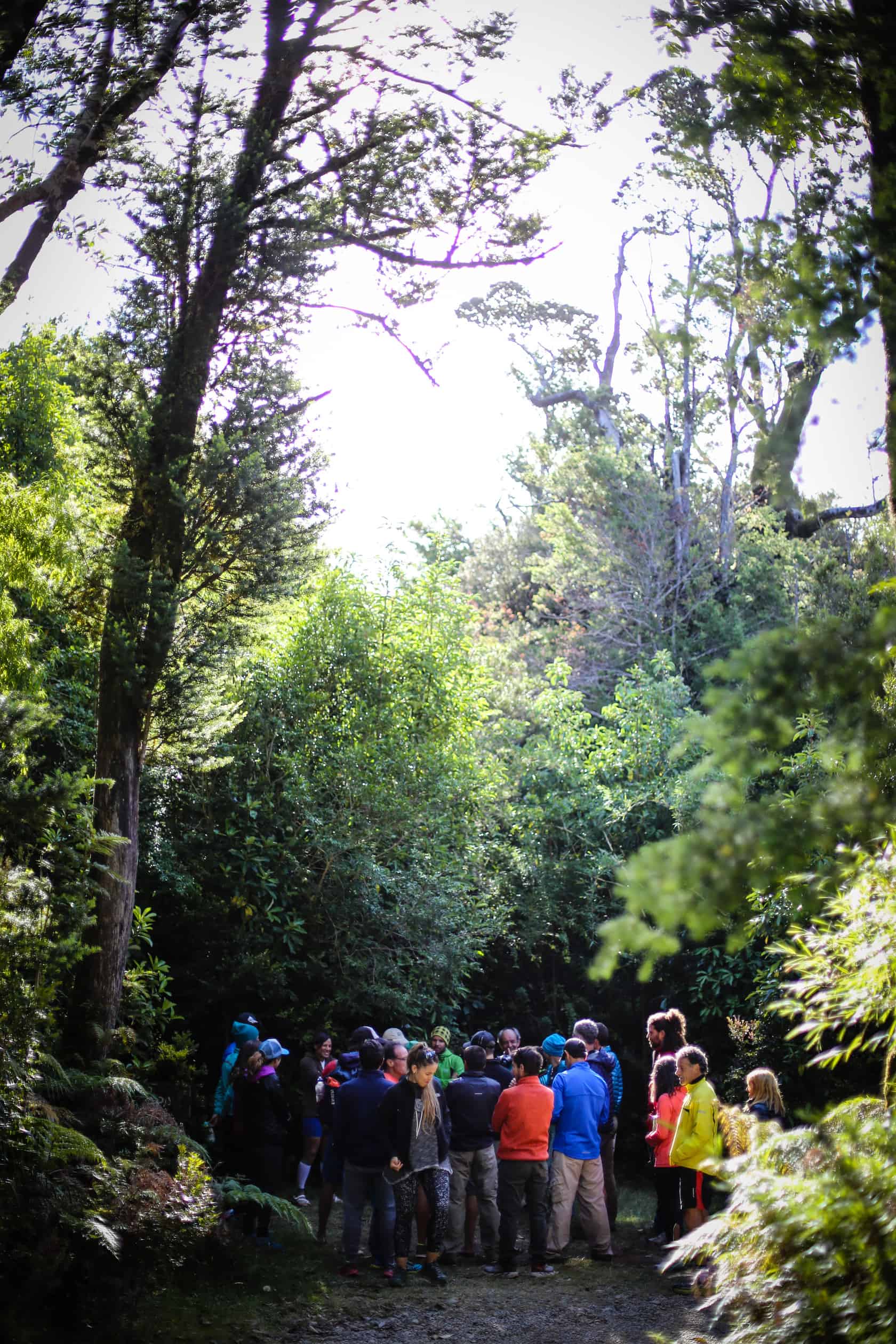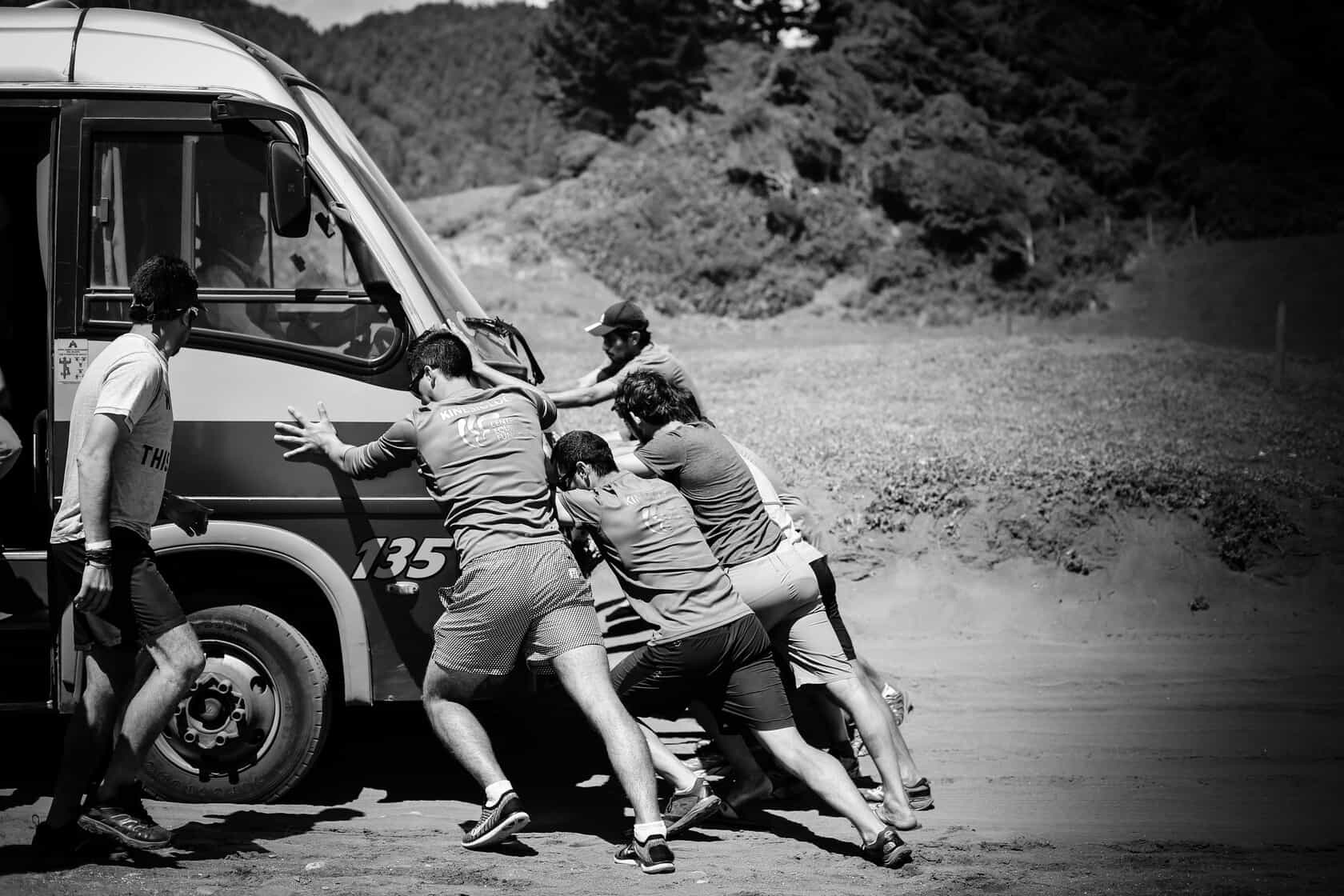The "Zolkan 4 Days by Ford, Chile Transversal" is a 100Km stage race running across Chile. The premise: to cross the skinny country from the Andes Mountains on the eastern border with Argentina, and ending at the Pacific Ocean.
The 2nd Edition of the 4 Days was held on February 1st to the 4th, 2017. The race began in the Andes Mountain town of Huilo Huilo, about a a 10 hour drive South of Santiago, and ended at the Pacific Ocean town of Valdivia.
The race directors, Rodrigo Errazuriz and Juan Carlos Politis both want to keep the 4Days event small in numbers, but high in quality maximizing the experience for all! 2017 had 60 participants! The goal is to limit this race at 100 runners in the future.
While many running stage races focus on suffering and self-sufficiency—for which anyone participating deserves serious respect—The Zolkan 4Days has taken a different approach to stage racing. They’ve decided to embrace amenities, and offer competitors a chance to relax after running. The race, therefore, provides runners with a mix between a vacation and an expedition.
Literally the 4Days course took runners on an all-inclusive trip through the heart of Chile. While the days are rough—full of of elevation gain and loss, sizzling Patagonian sun and pelting rain—the evenings are designed for participants to relax and to connect with other runners. Each day runners ran through completely different Chilean biospheres, landscapes and elevations.
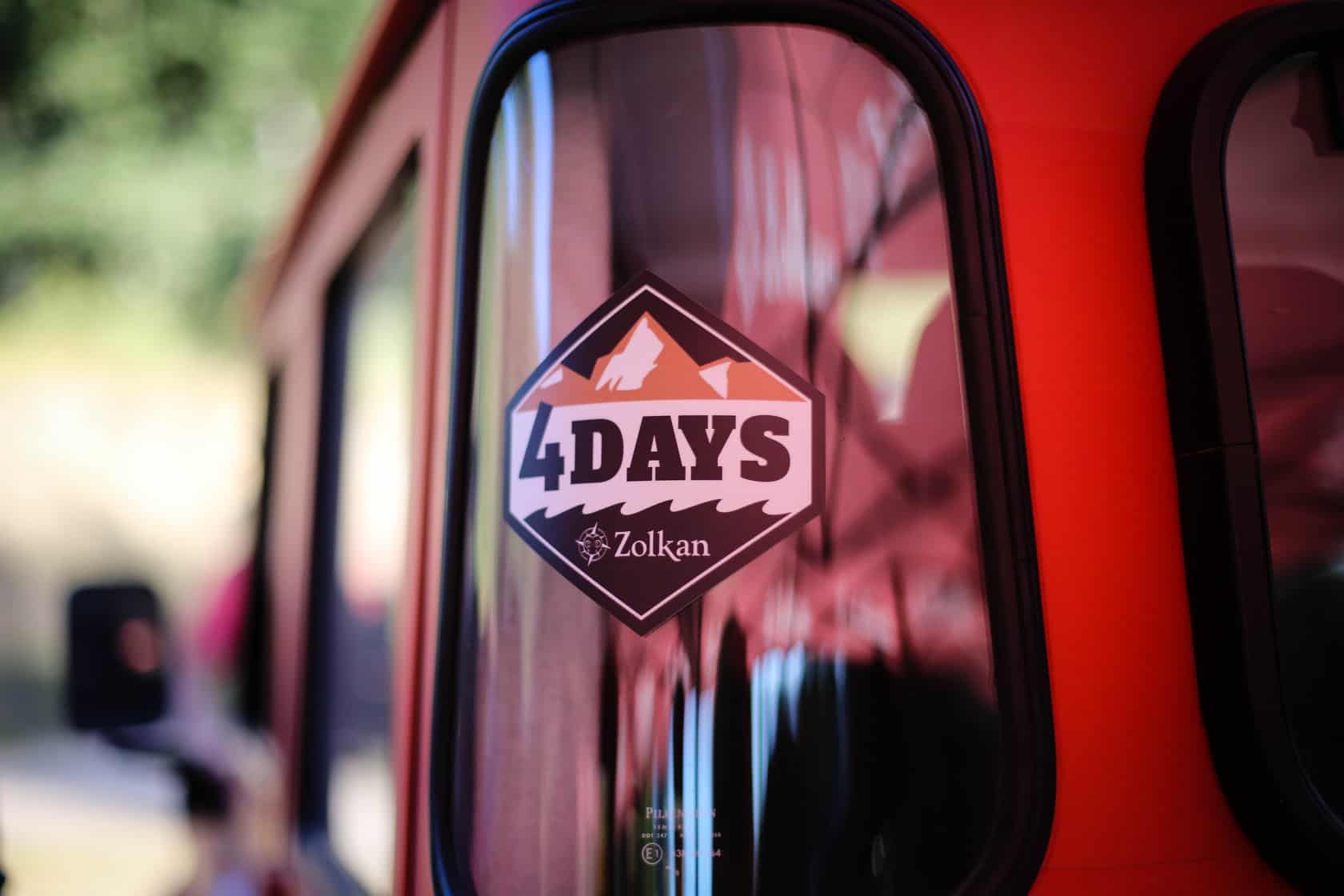
“What I like most about this race is the relationship that is generated between runners. [This is] a race that engages the local culture through the places where it happens: from the people, its food, its geography and its local trail runners. That not only gives local people a chance, but a greater experience for the runners.” Rodrigo Errazuriz, Co-Race Director
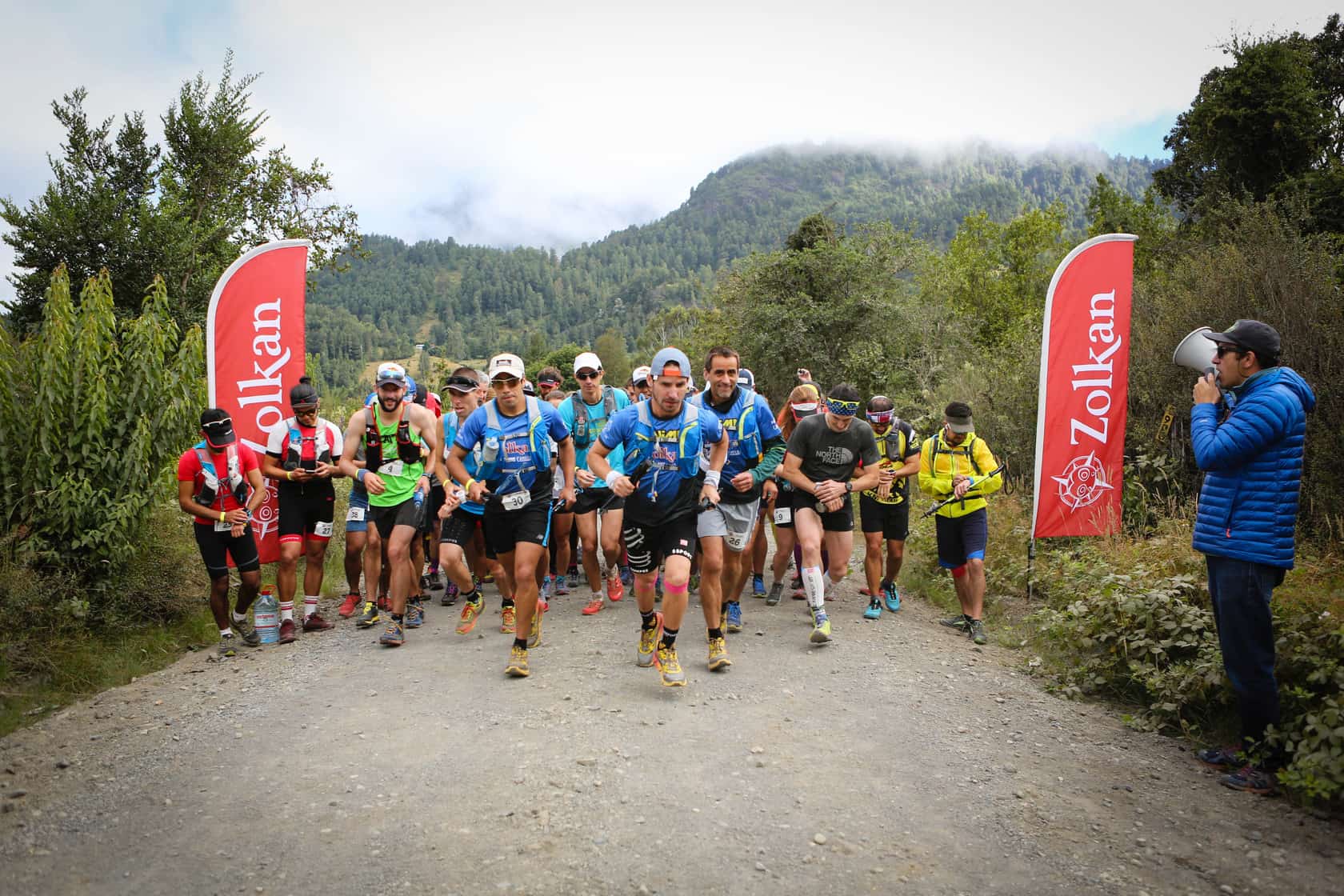
The Four Days race organization wants to ensure the race participants have an authentic taste of local Chilean culture, and second, they work to make sure that the race has a positive sustainable economic impact on the region. Instead of bringing food, hands, and route-creaters from Santiago, The Four Days organizers works within a local region. The racecourse was created hands-on with local trailrunners, who share their knowledge of the region and trails. The teams who work behind-the-scenes to build each night’s campsite (pitching tents, organizing the medical tent, inflating air mattresses—yes, everyone got an air mattress) are hired locally, as were the people who prepared the meals each night and morning.
Race life during the 4Days looks like this; pre-pitched tents, some nights in the forest, some nights on the beach. Lots of running! Dinners of steaming empanadas, local fish, Chilean wine. A finish line that leads you right into a lake, where you swim to get clean, and take in the view of a not-so-far-away volcano. Massages under the trees. Laughter and chatter in Spanish, and English, and French, and Spanglish, and everything in between. Reggaeton playing in the background, learning the words to songs you didn’t know before. Barbecues, fat watermelons, wheelbarrows full of craft beer. Sunset stars sunrise run. An international running race, and party, for sure!
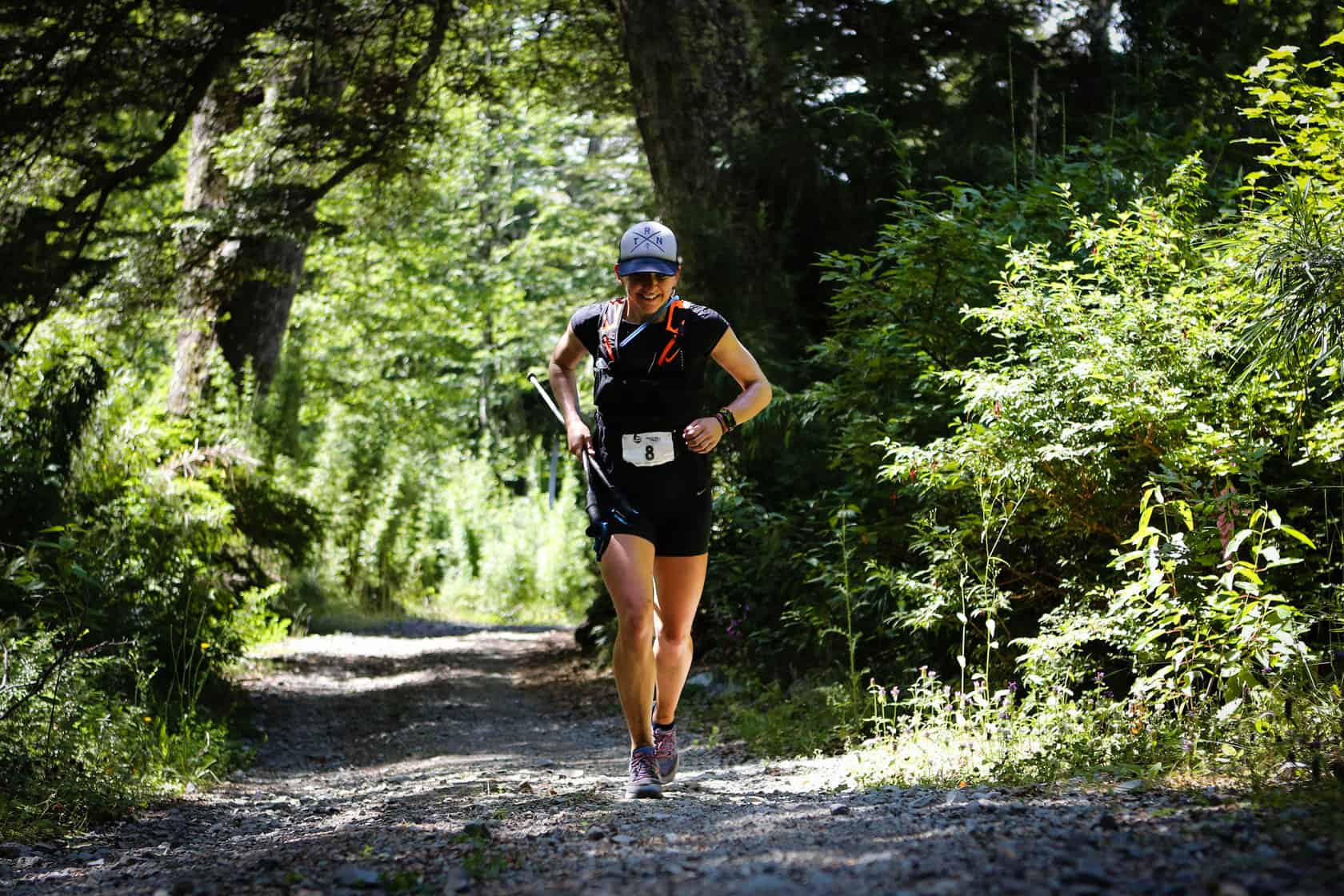
“The beauty and nearly untouched areas we ran through each day was a true gift; I kept telling myself “ I can’t believe I’m here, I can’t believe I’m here!” Ultra-runner Sally McRae
"Chile tiene la mejor geografía del mundo para el trail running" Rodrigo Errázuriz - co-race director
On the morning of Stage Three, the day began atypically on a boat! The runners piled onto a catamaran for a sunrise breakfast. The boat sailed up-river to a heritage site – Casa Manns – where everyone was given a chance to explore some local history before the start of the race.
“The group became so close knit, it no longer felt like a race; but more like we were on vacation with 60 friends.” Sally McRae
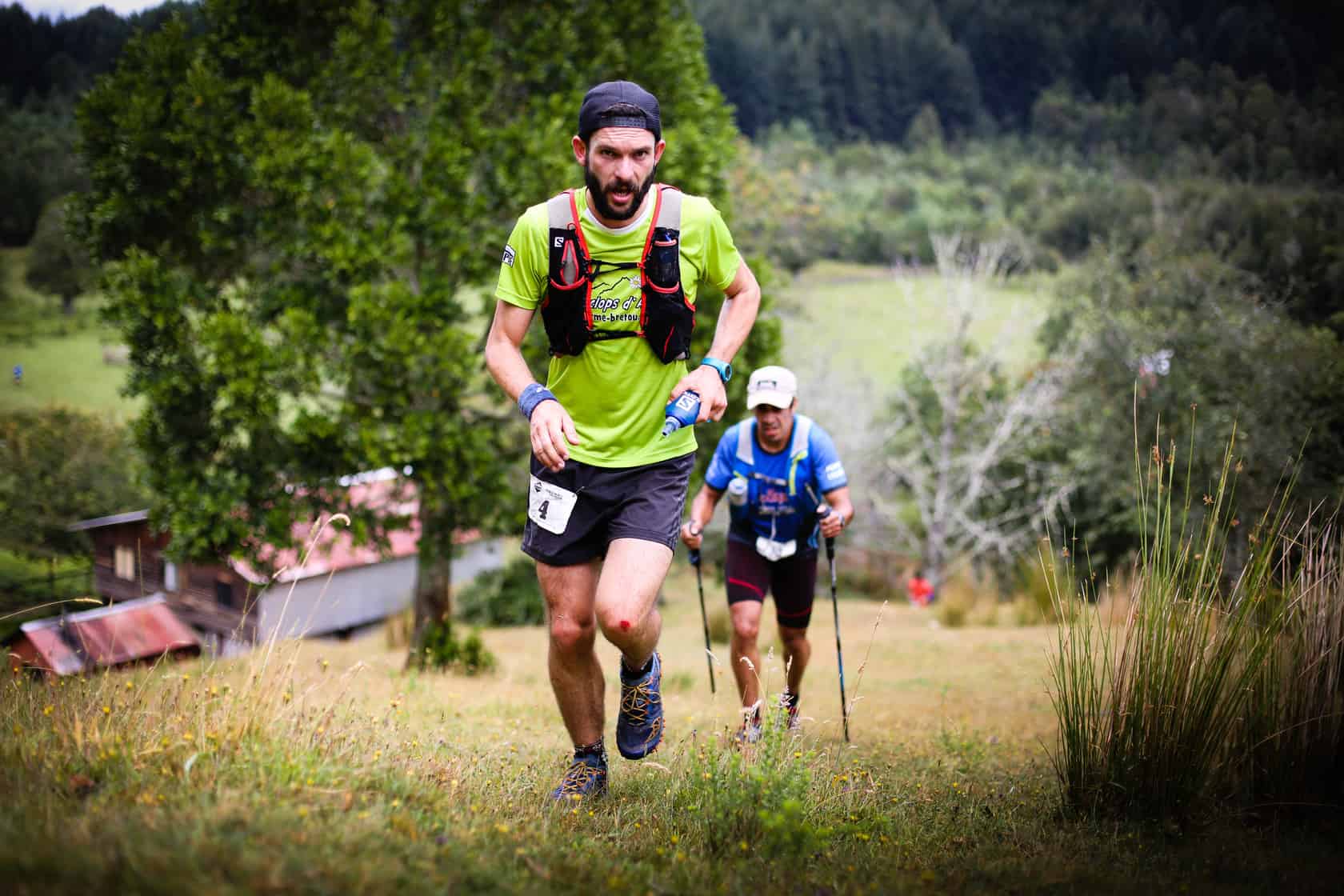
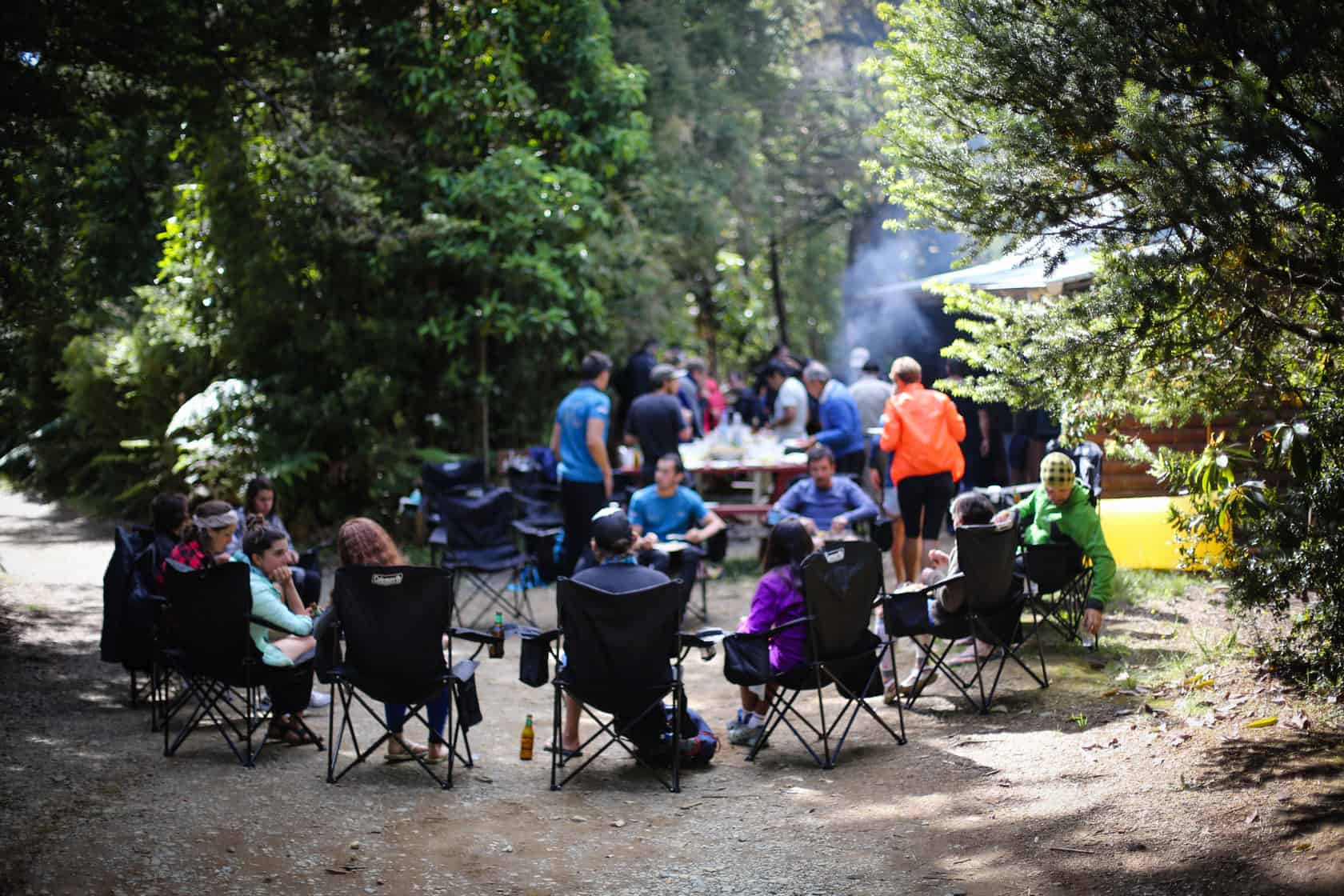
Prior to this year’s 2nd edition of the race: there have been wildfires occurring in Chile since January. The region in which 4Day Race takes places is right in between two heavily-affected burn areas. However, this years’s race route was unaffected, and still safe to run through.
The race directors, prior to the event posed an ethical issue: should the race still take place in light of the devastation occurring elsewhere in the country? Would it be right to proceed with such a catered race, or would it be better to call it off?
The race’s directors eventually decided that they would proceed with the race. A significant factor in deciding was the positive impact the event brings to the local economy. If the race was called off, many opportunities local economic opportunities would be lost, from the pre-arranged purchasing of local food, to the local production crews, to the positive impact of tourism in the region.
"In Chile, we have earthquakes. We survive tsunamis. This [wildfire] isn't any different. Chile is strong.” Claudia Jaime, 4Days race organization.
